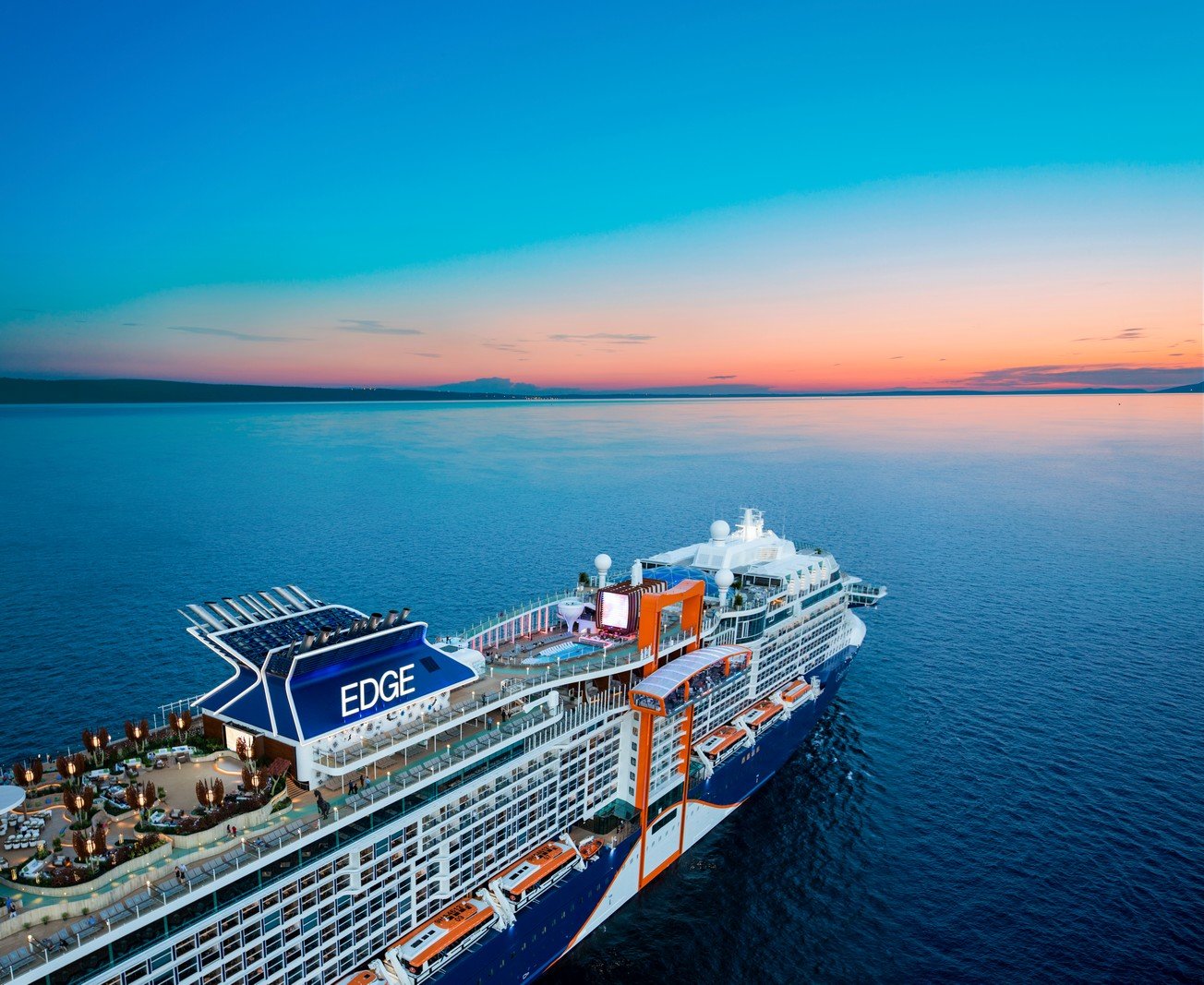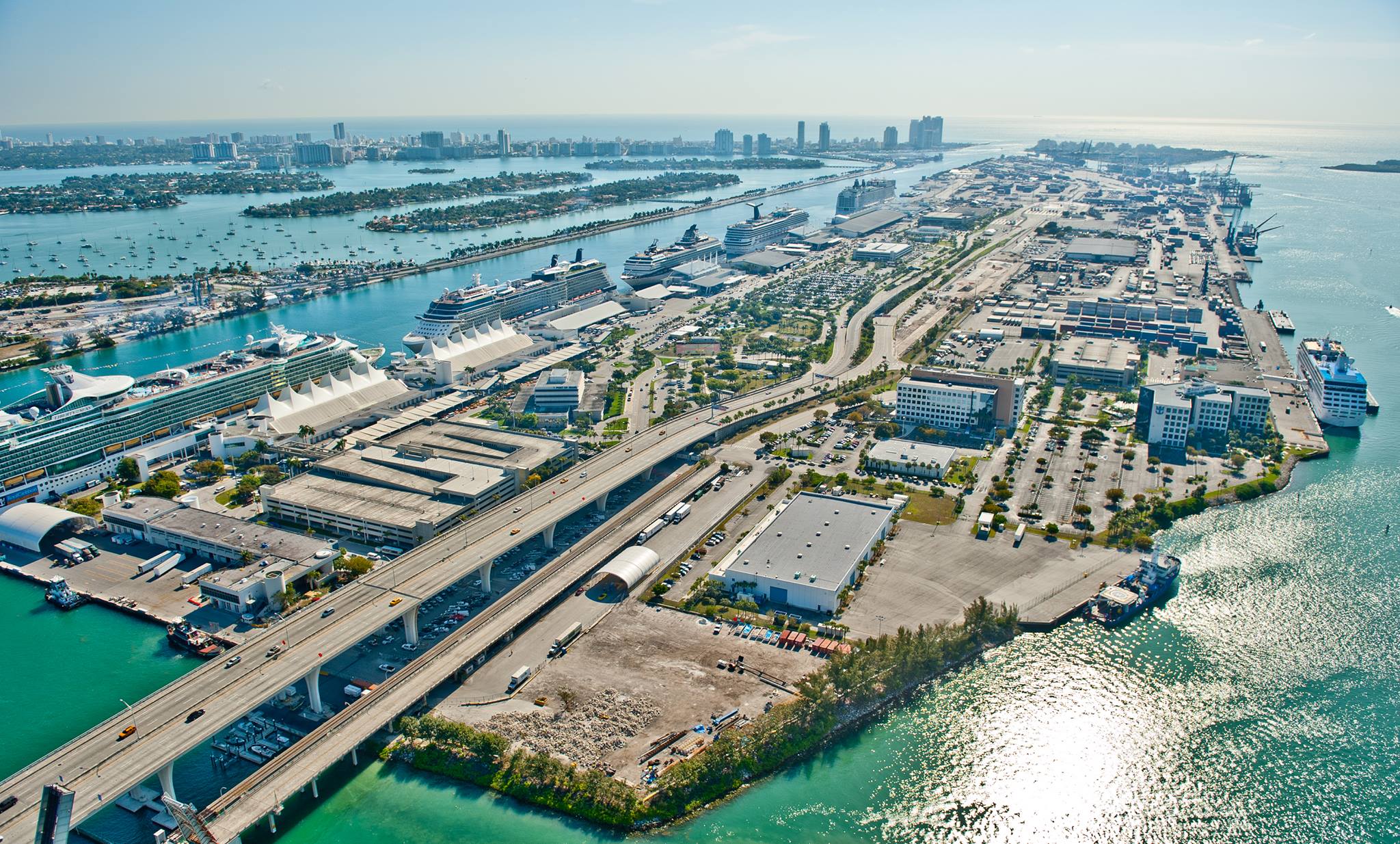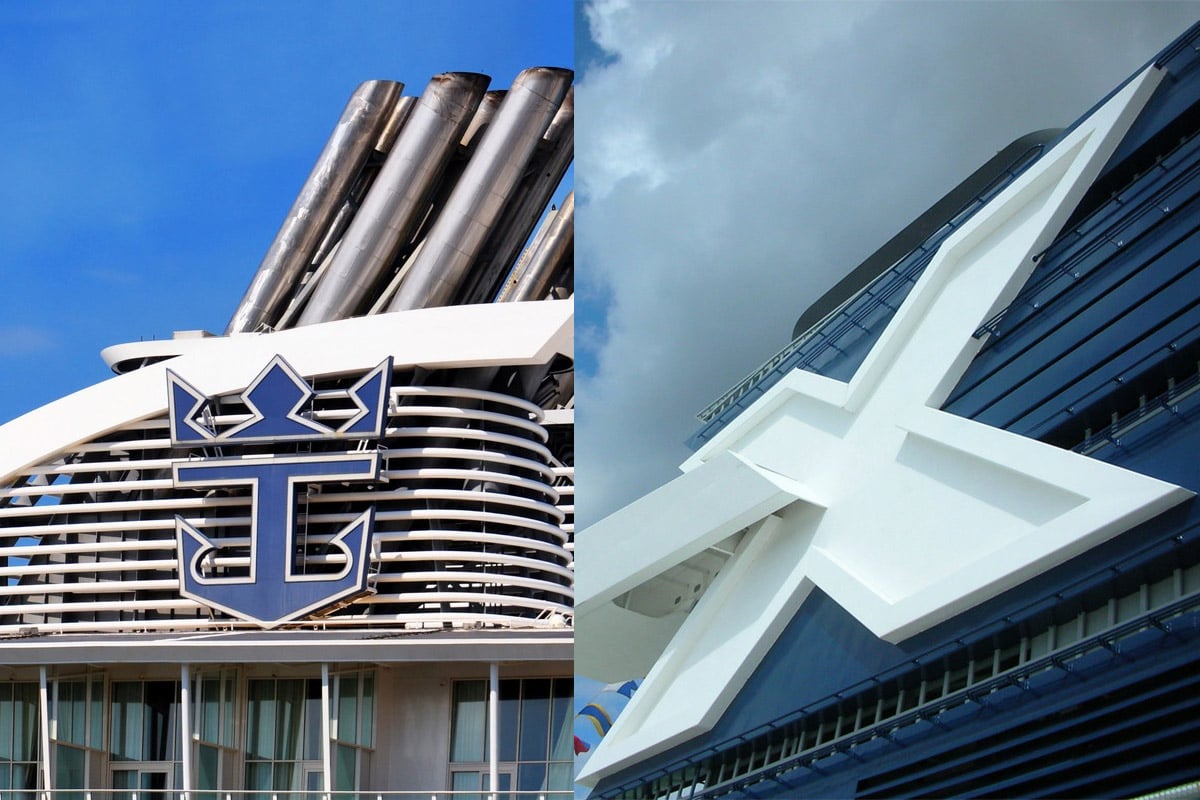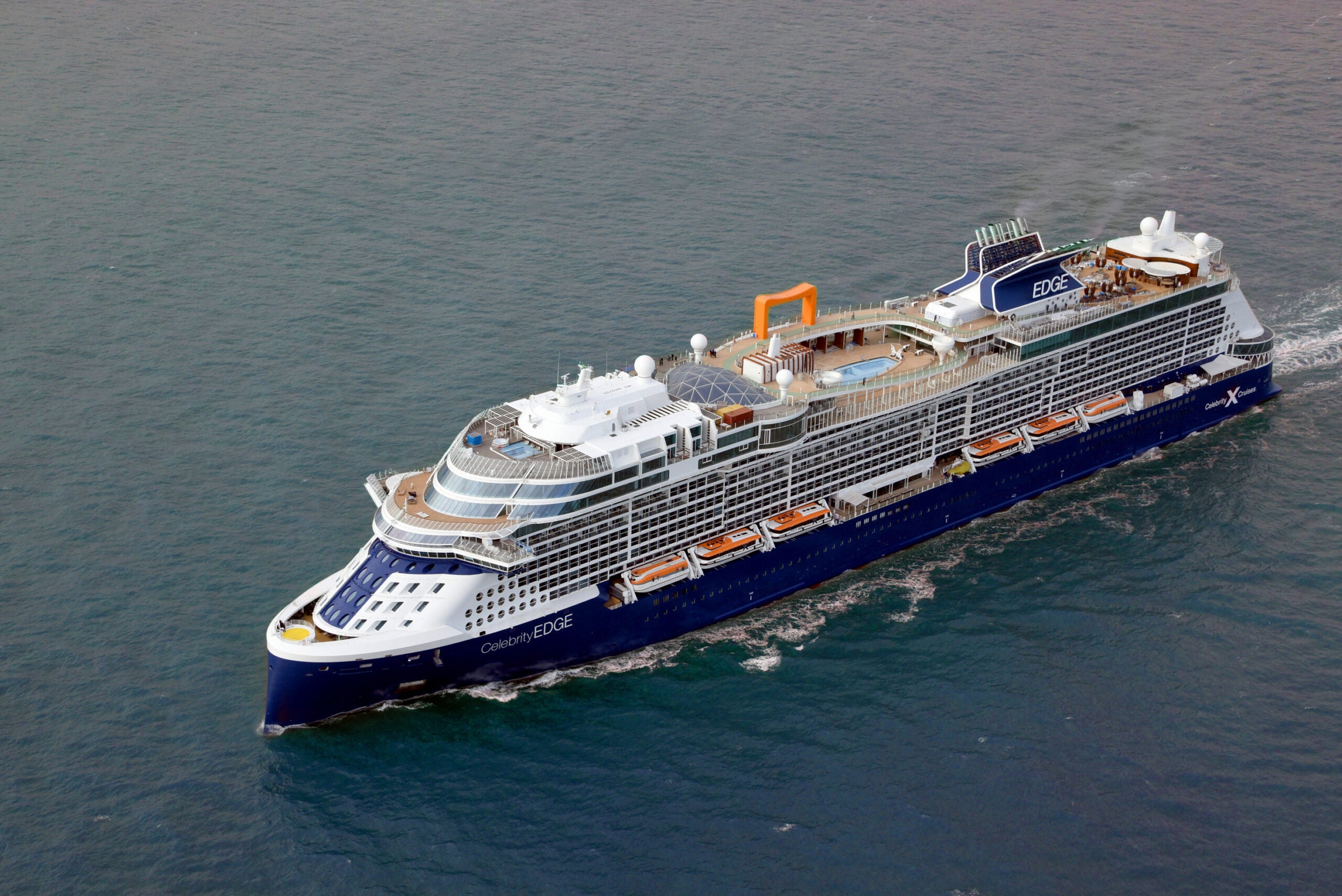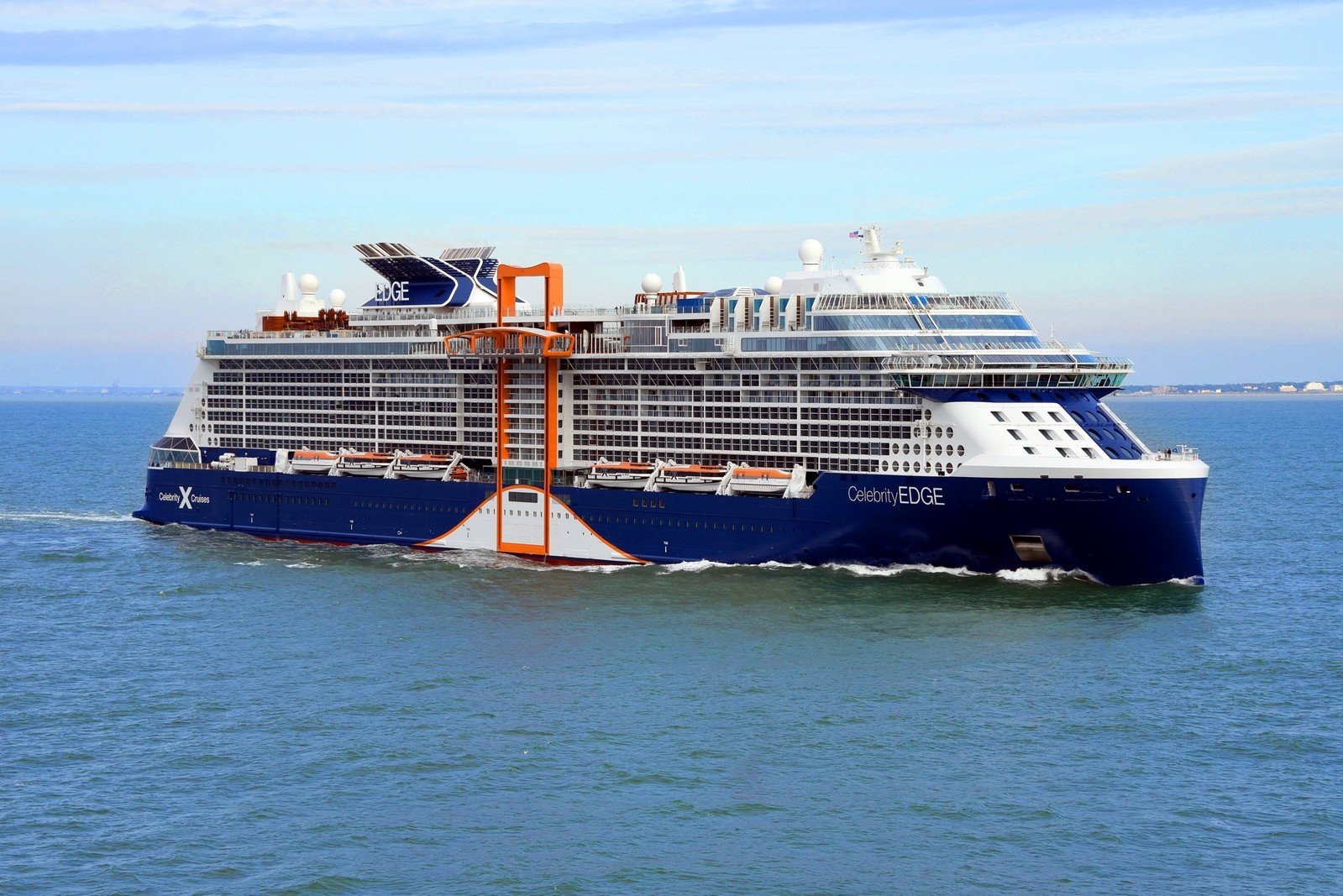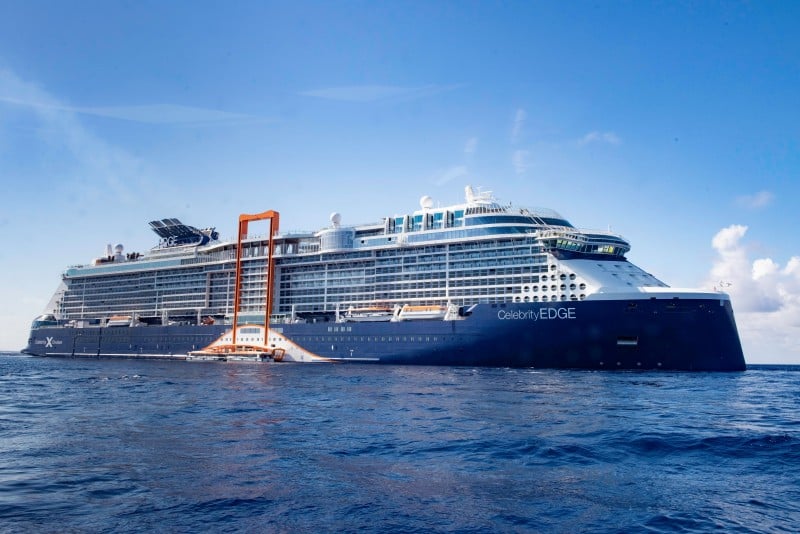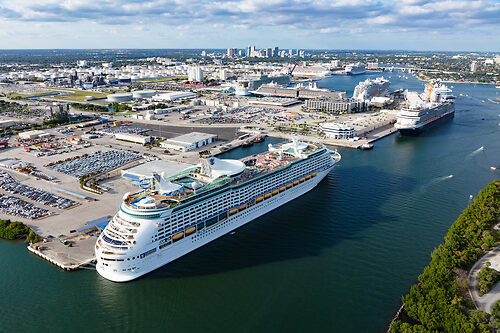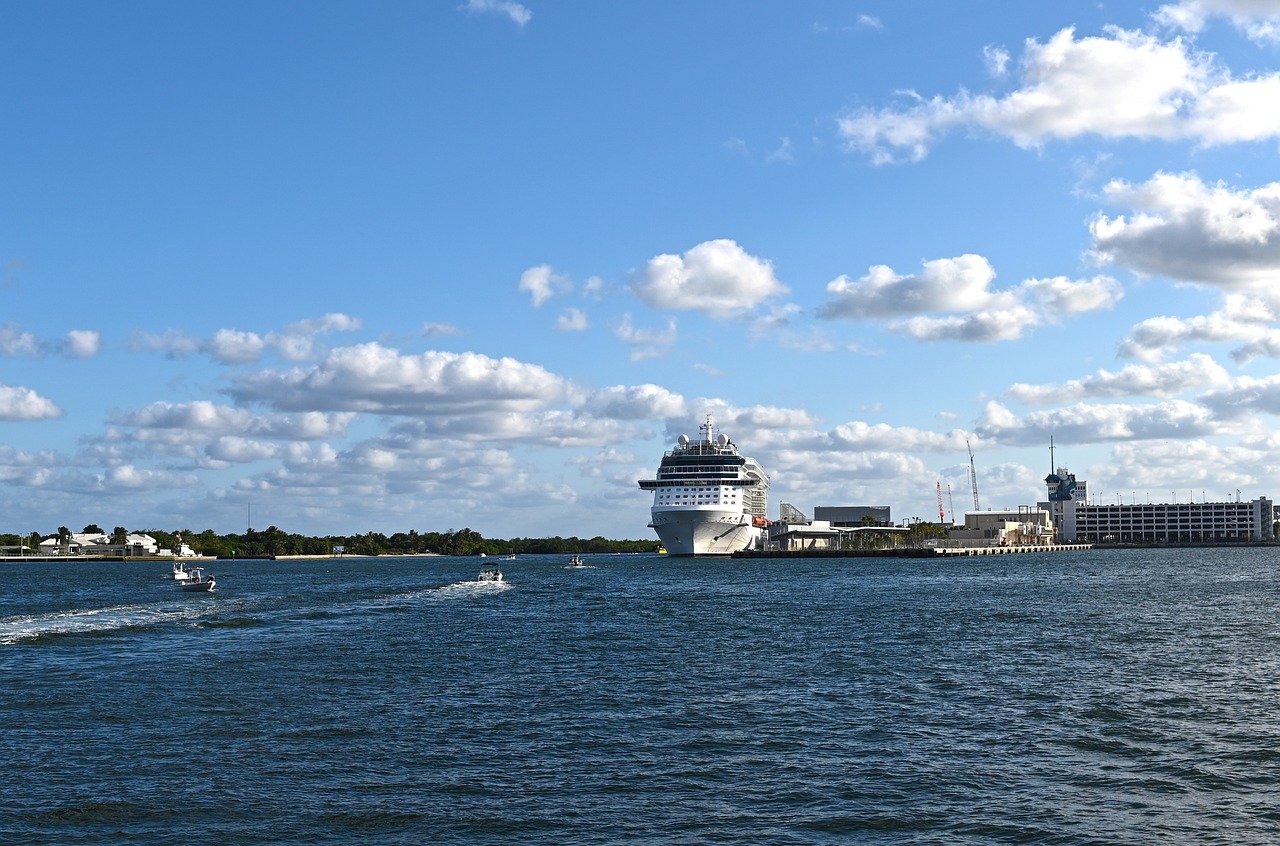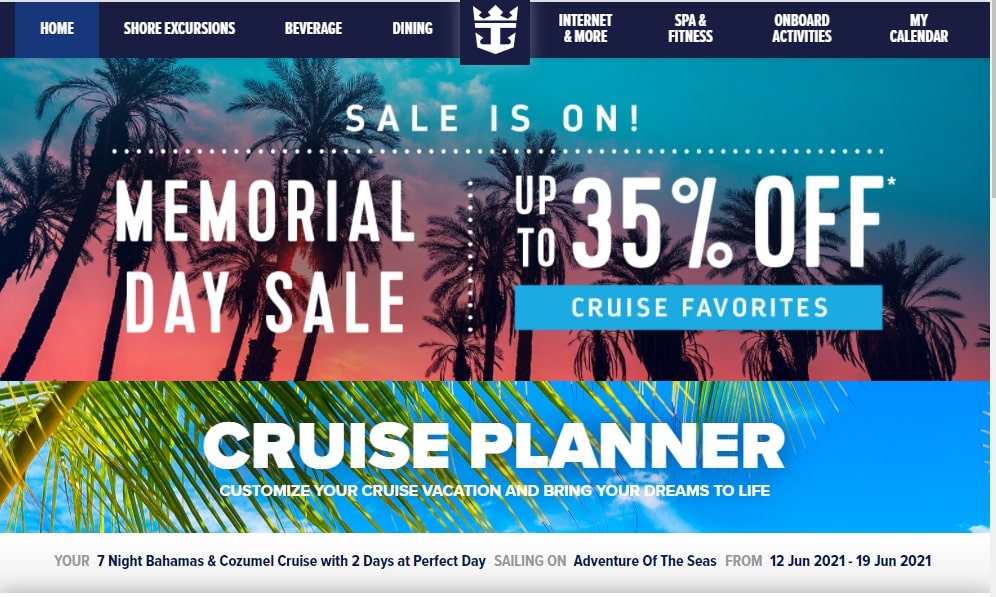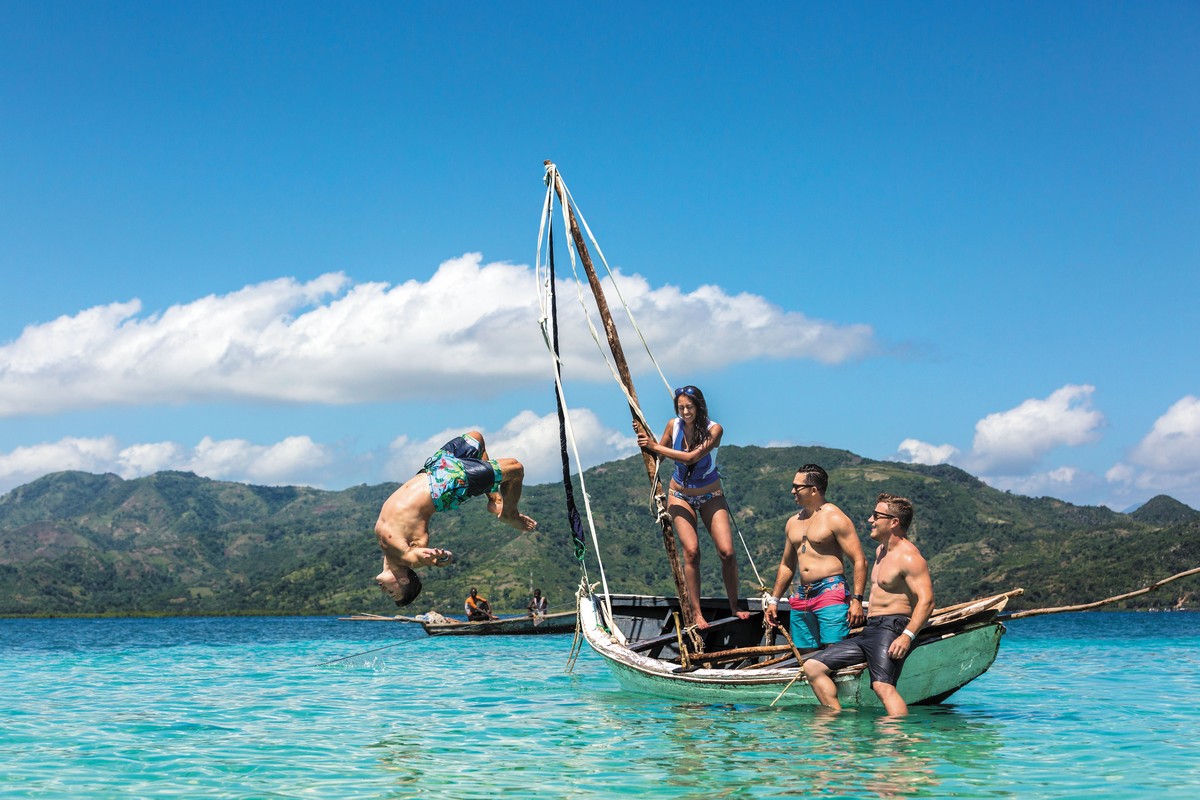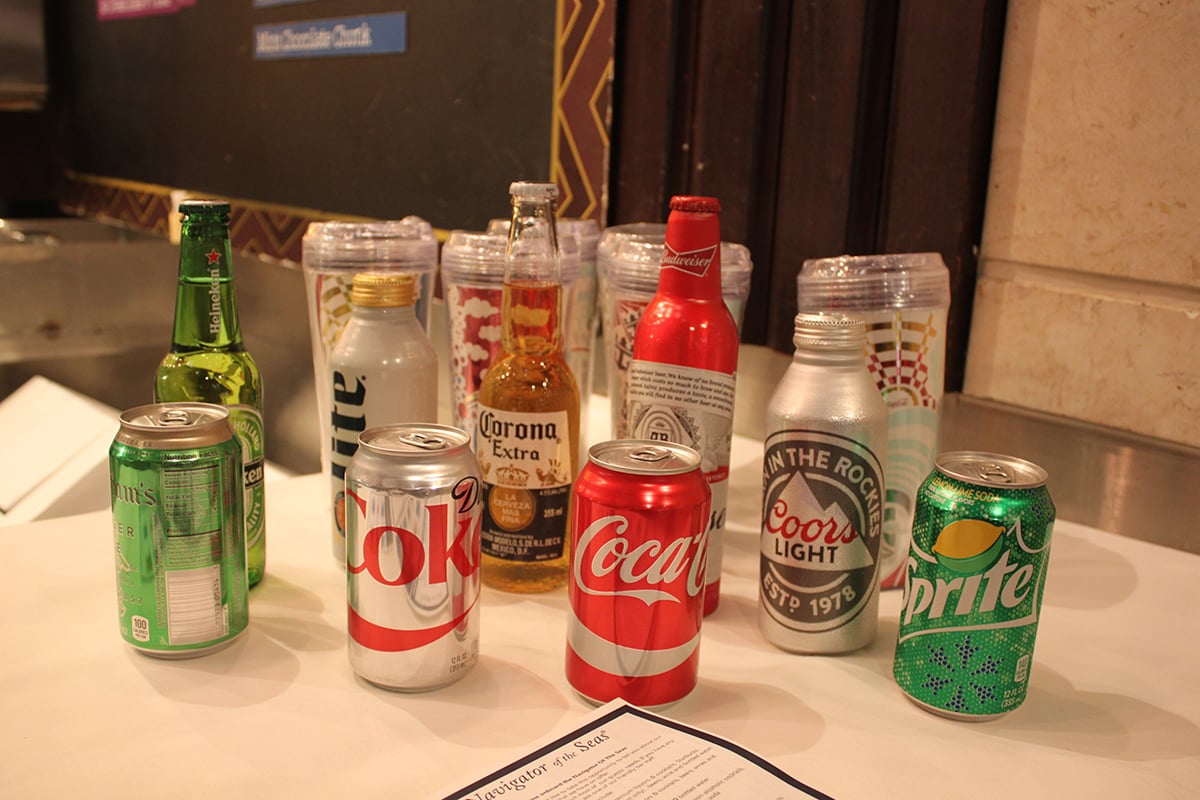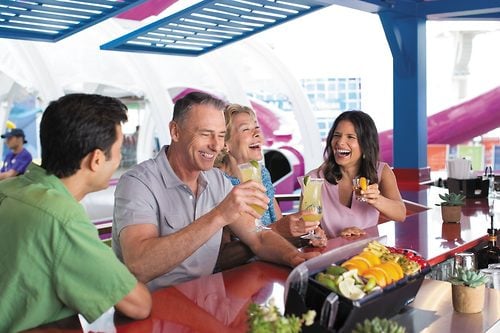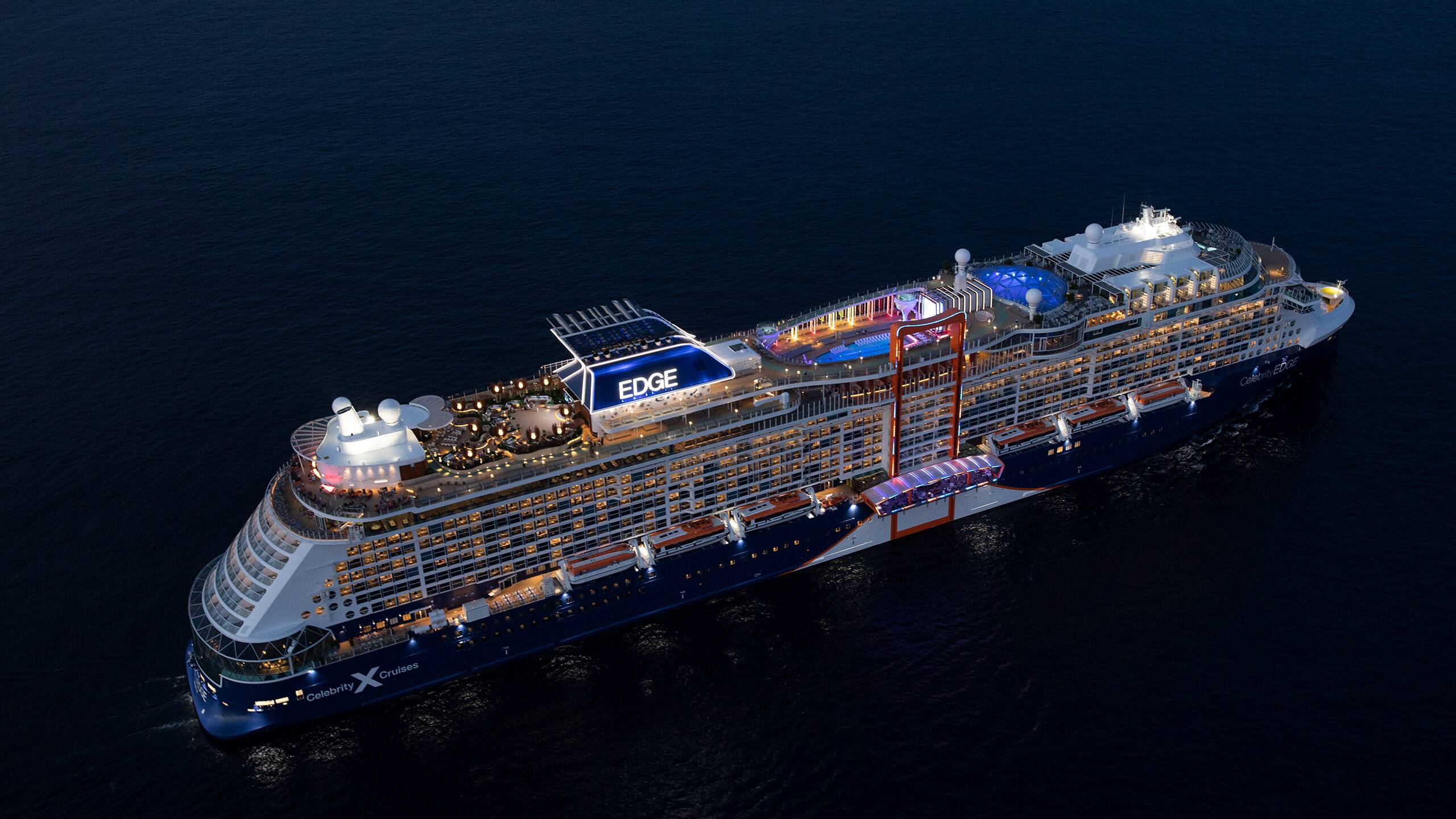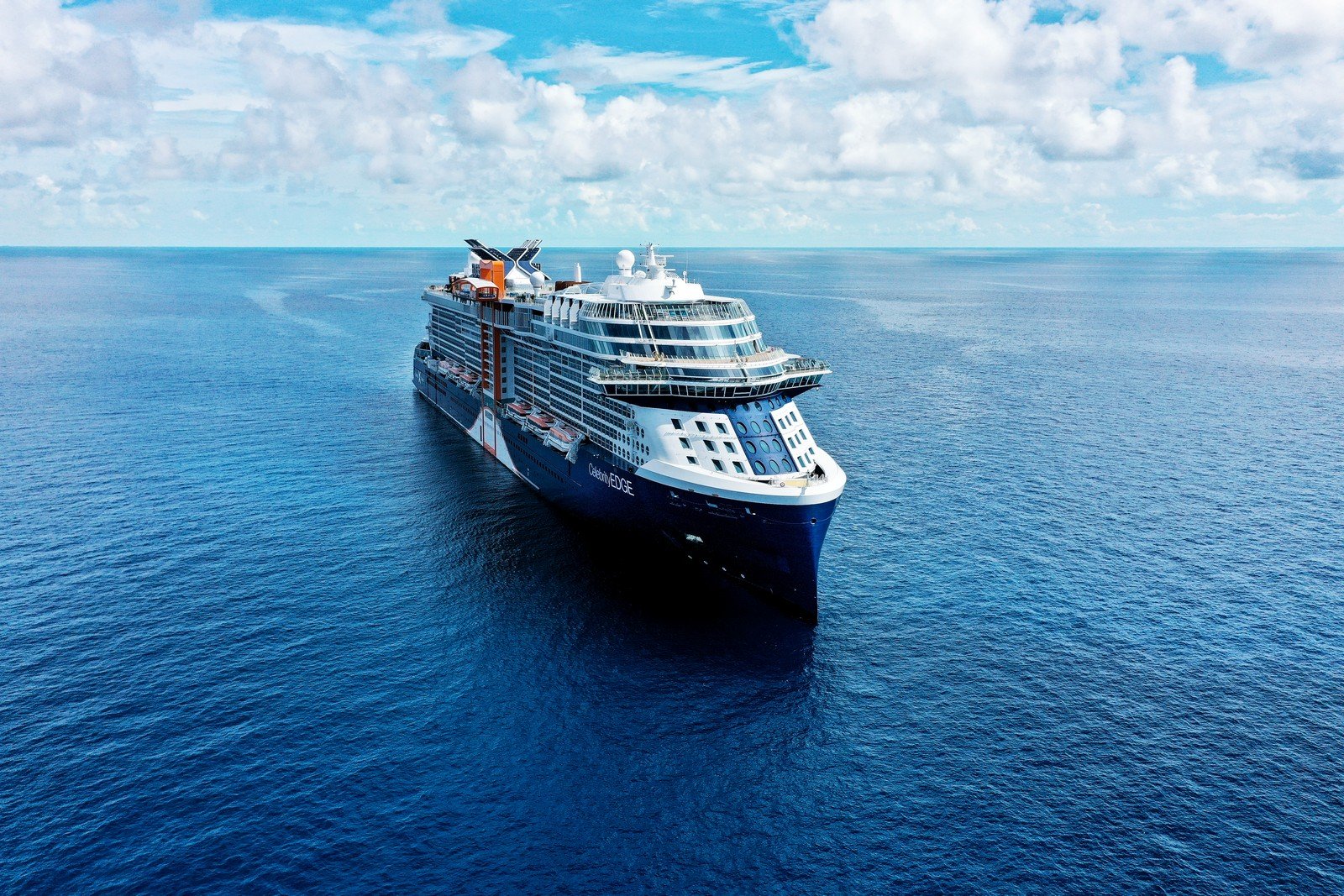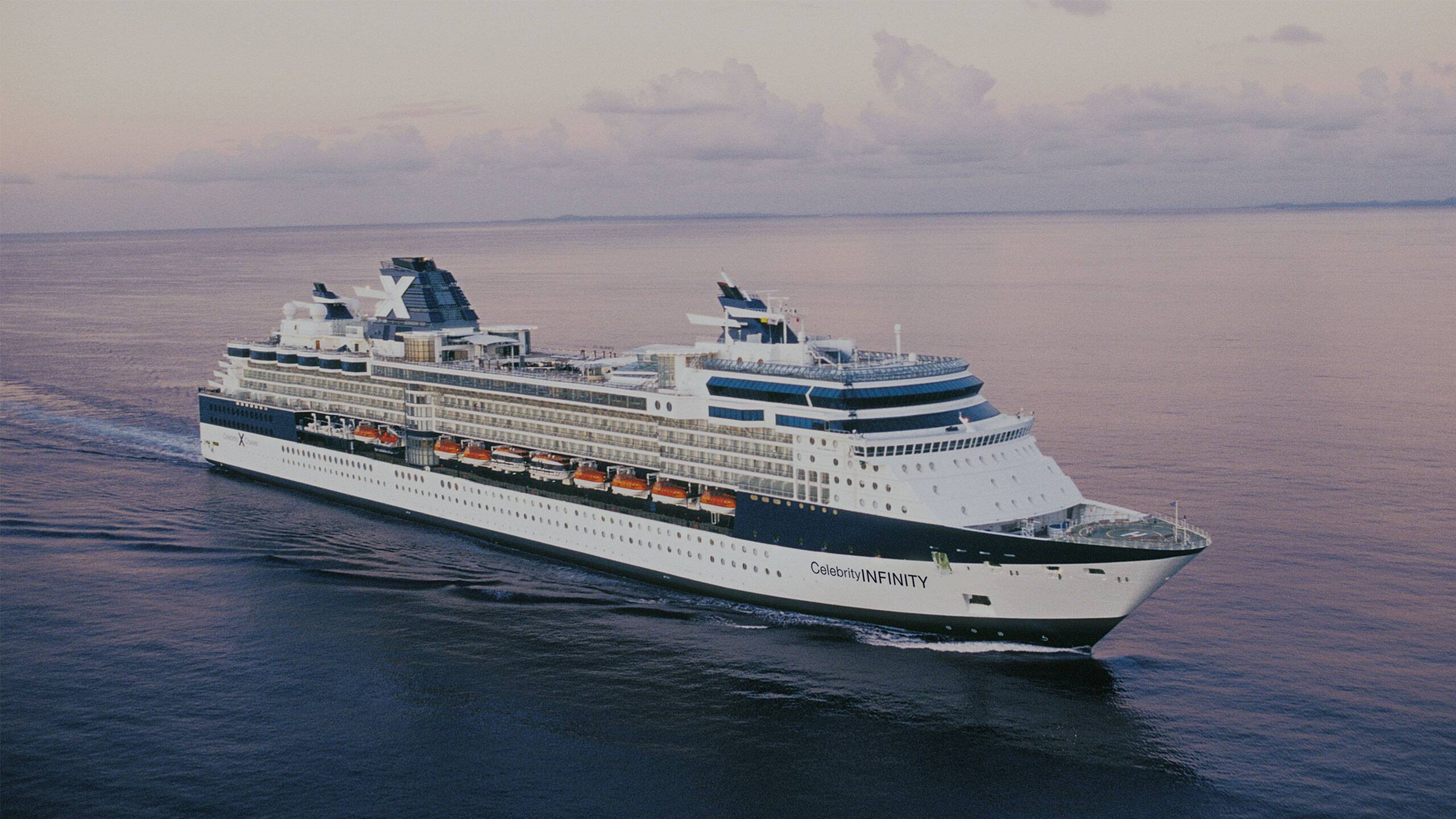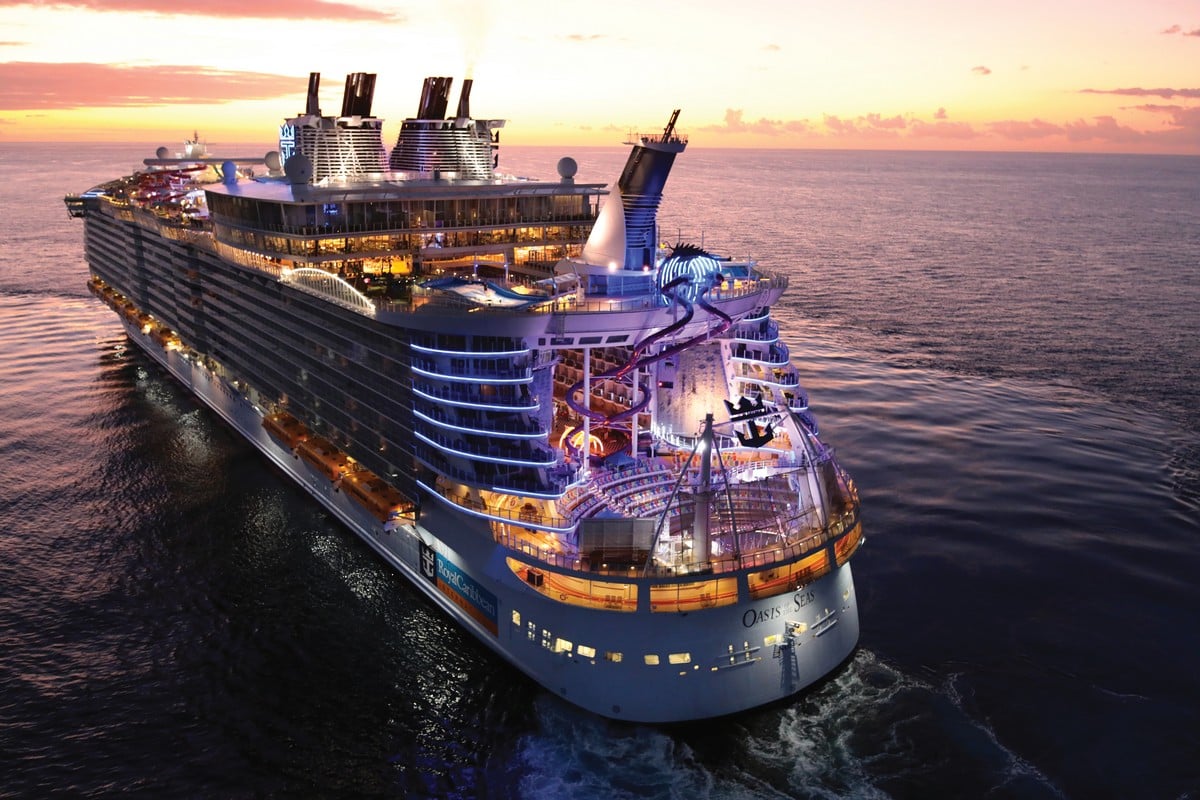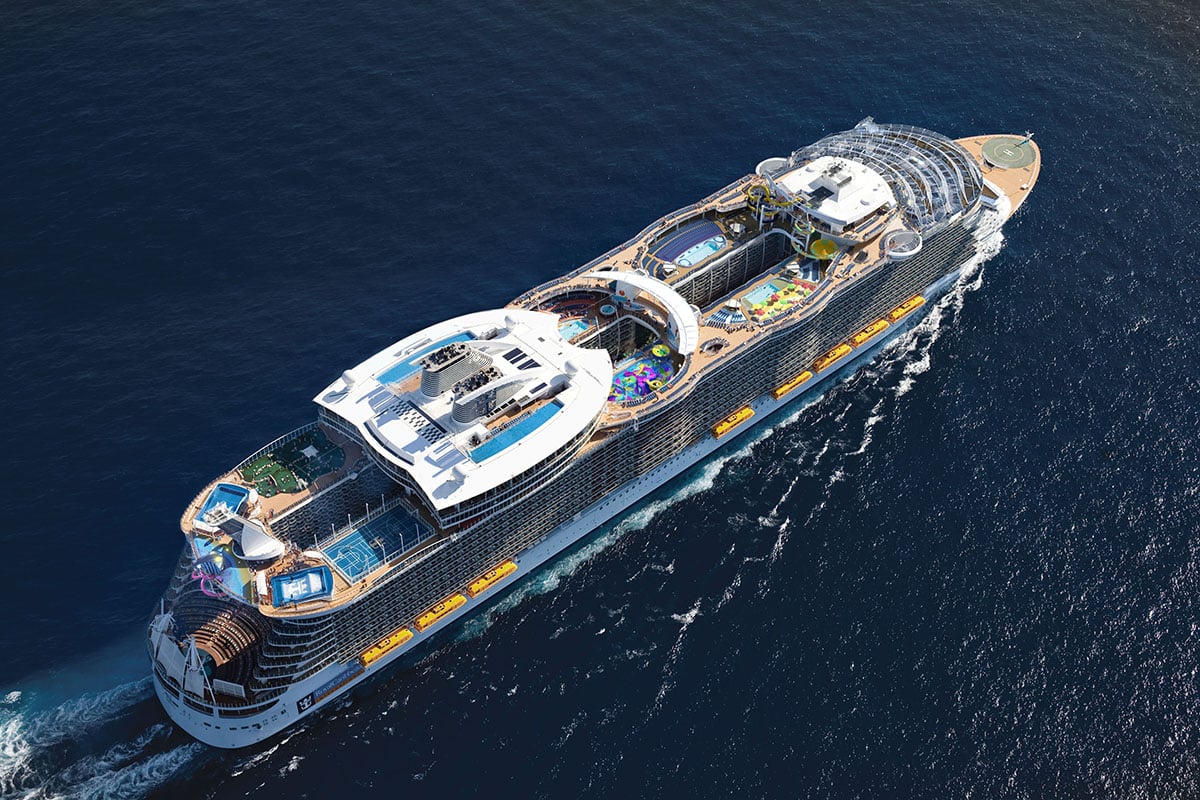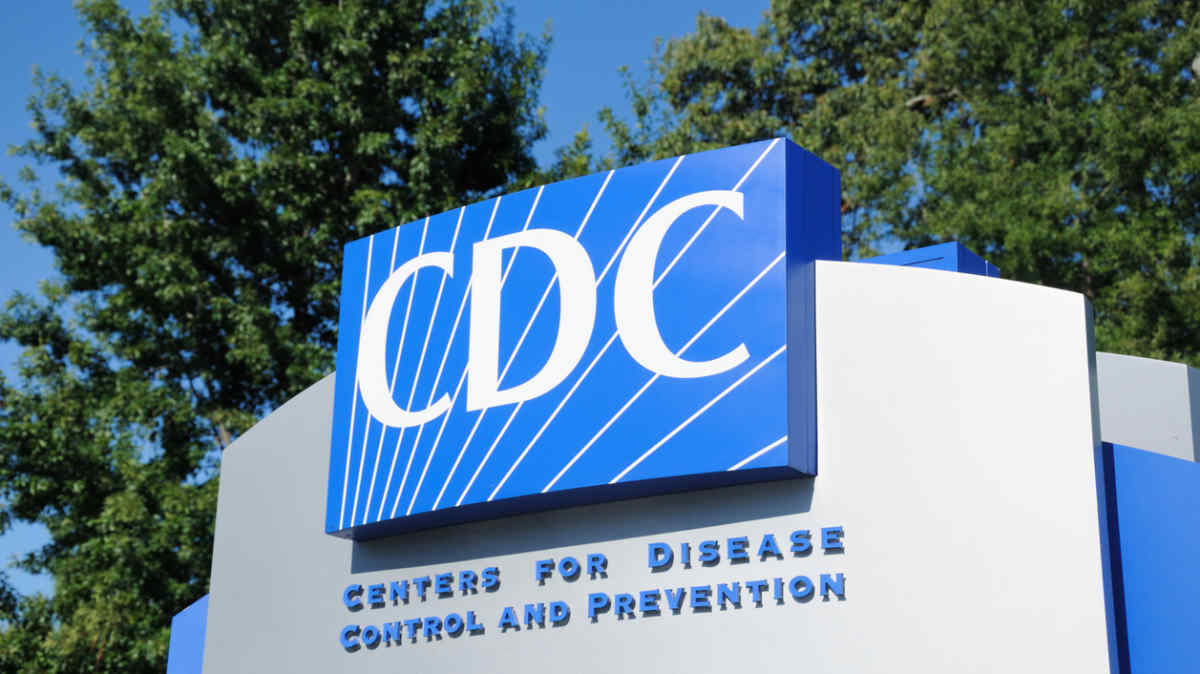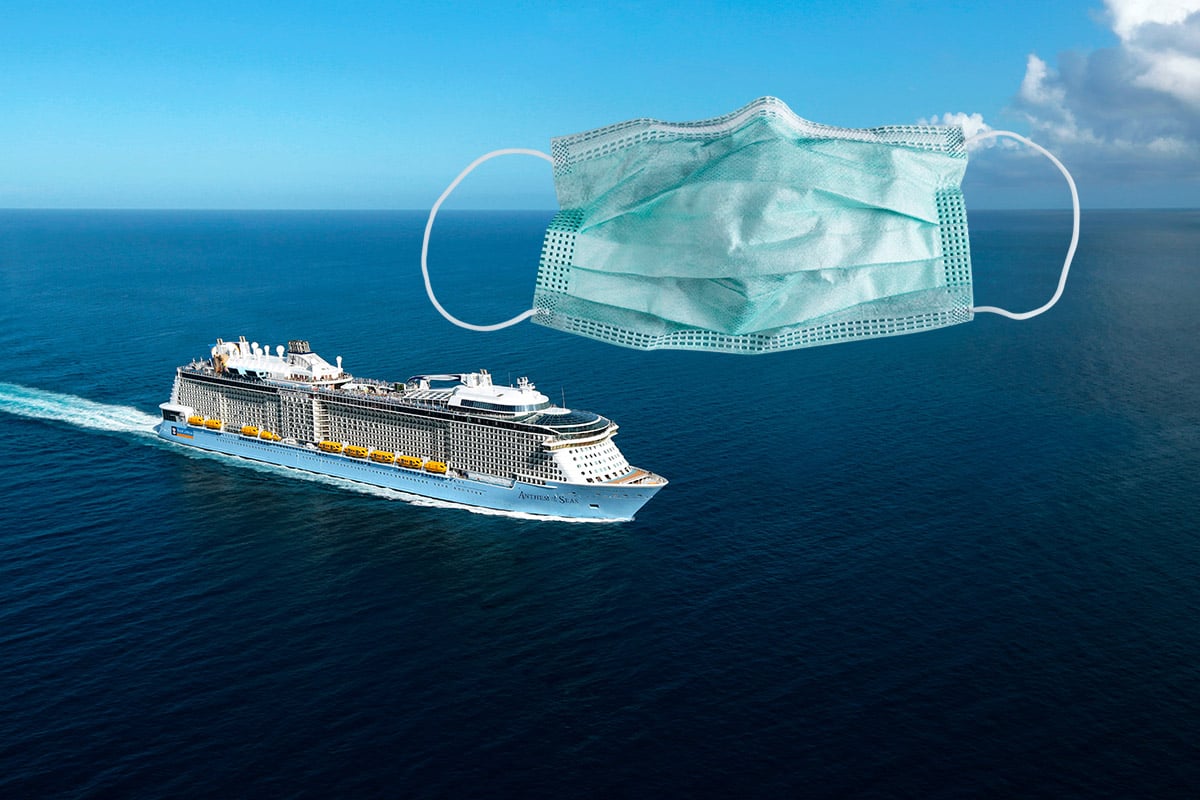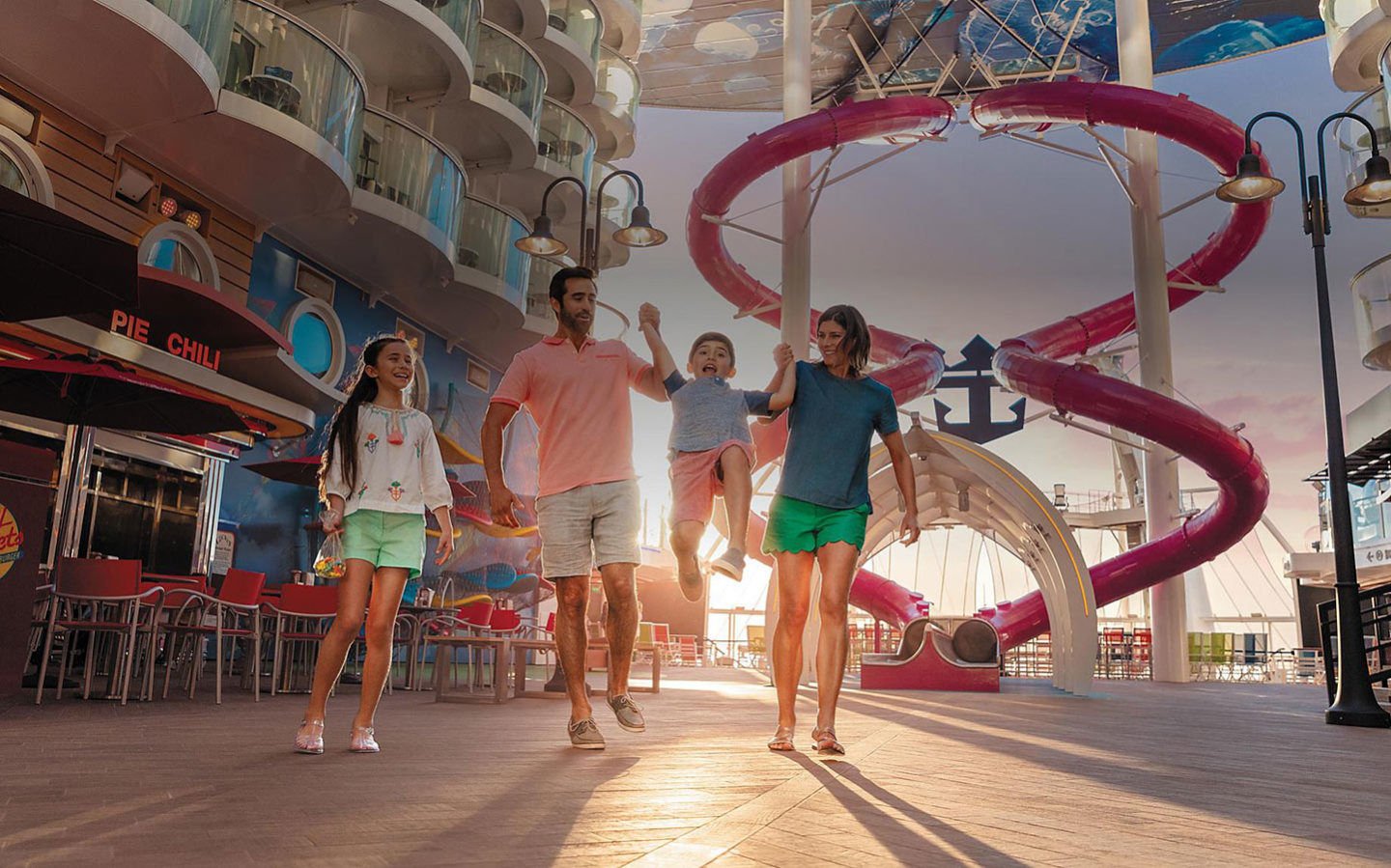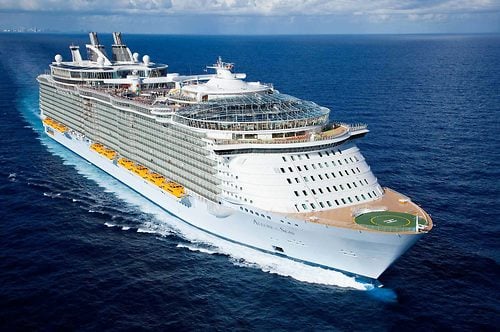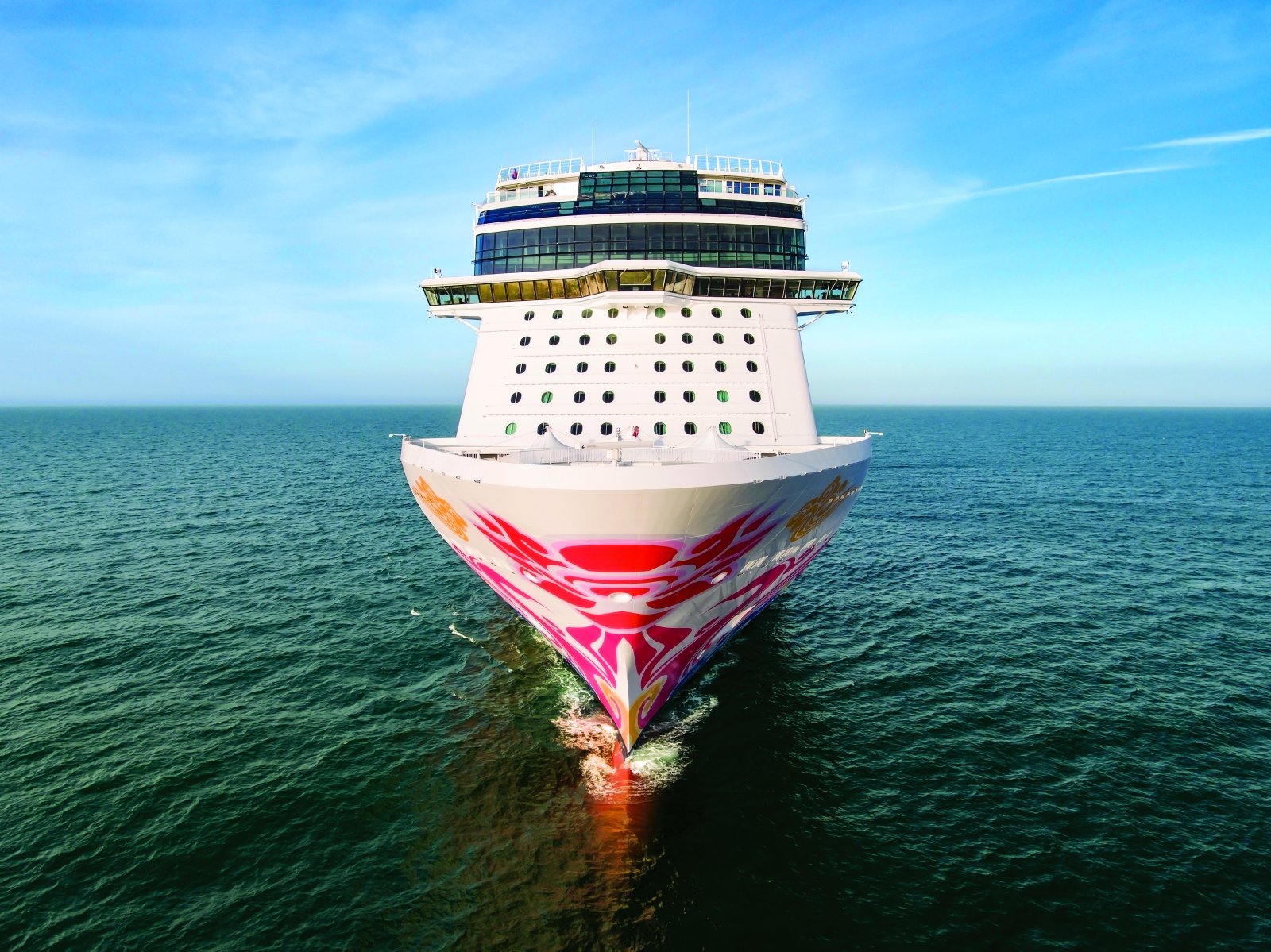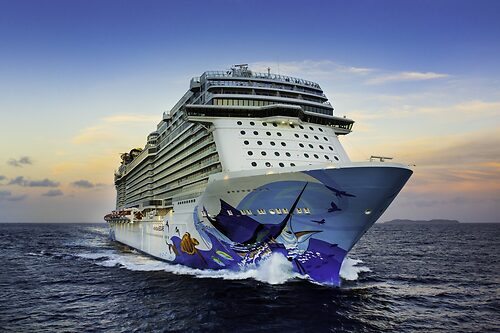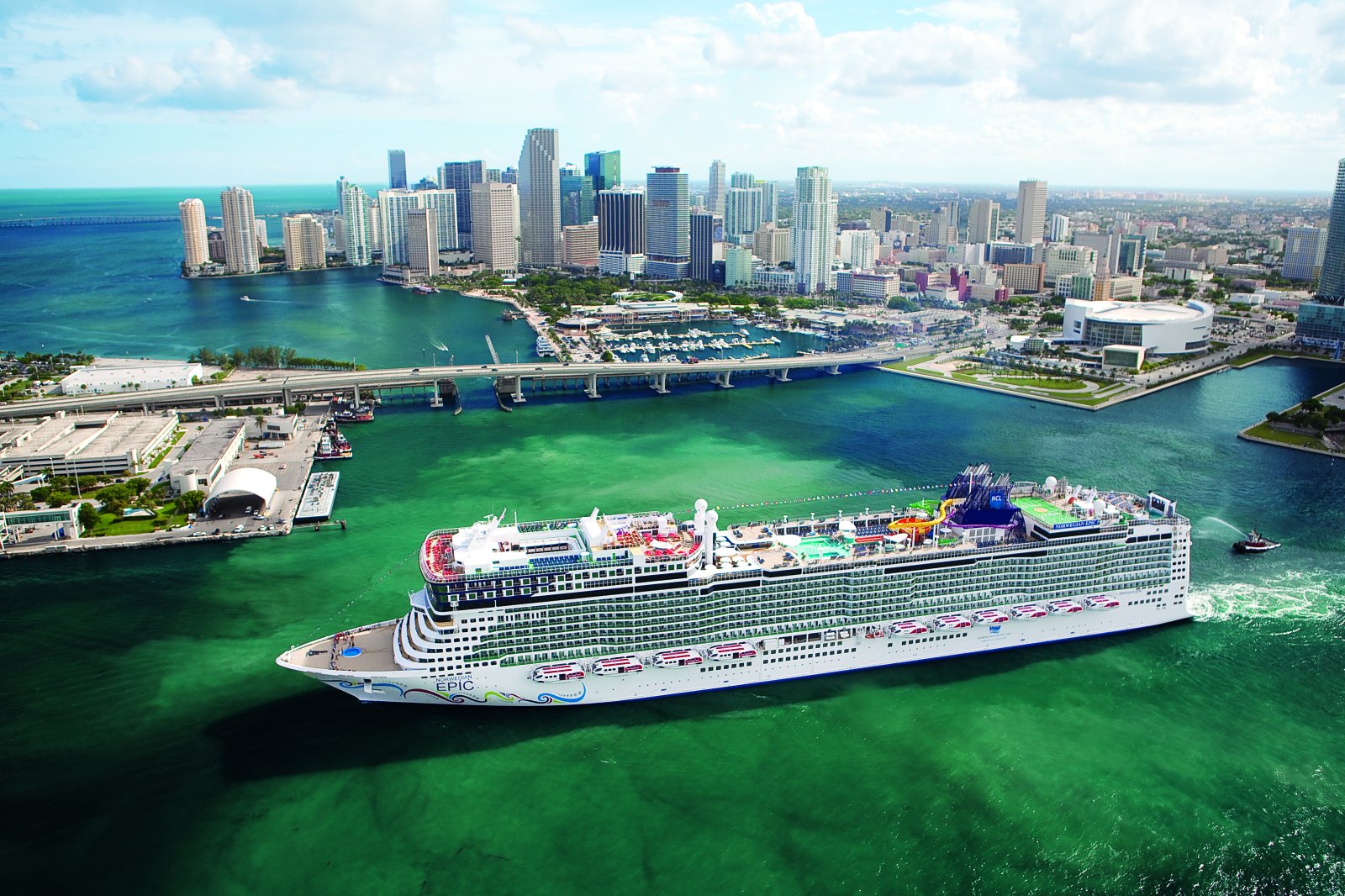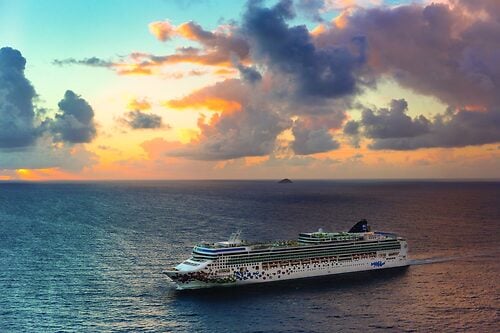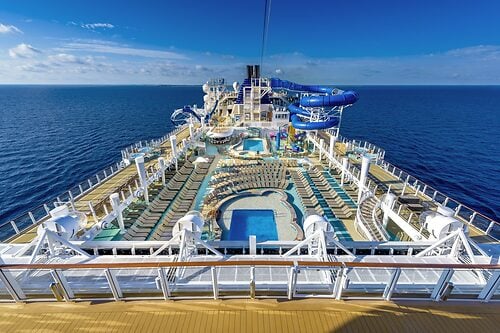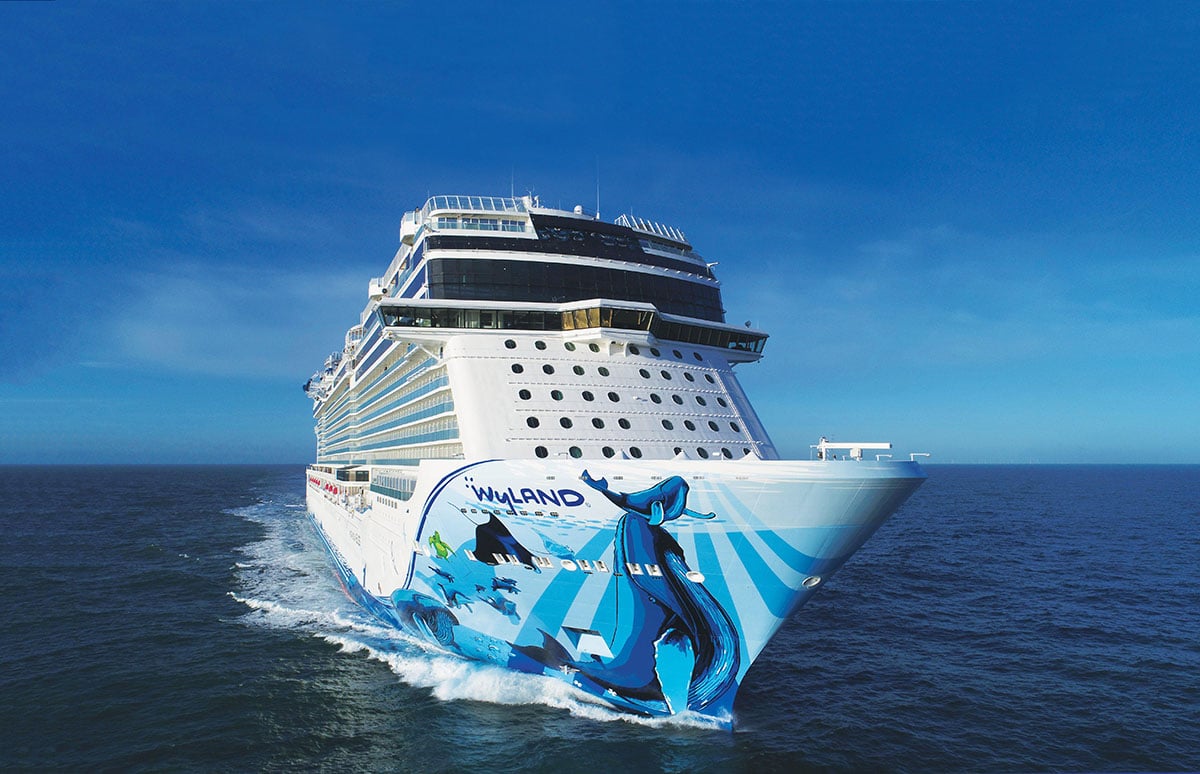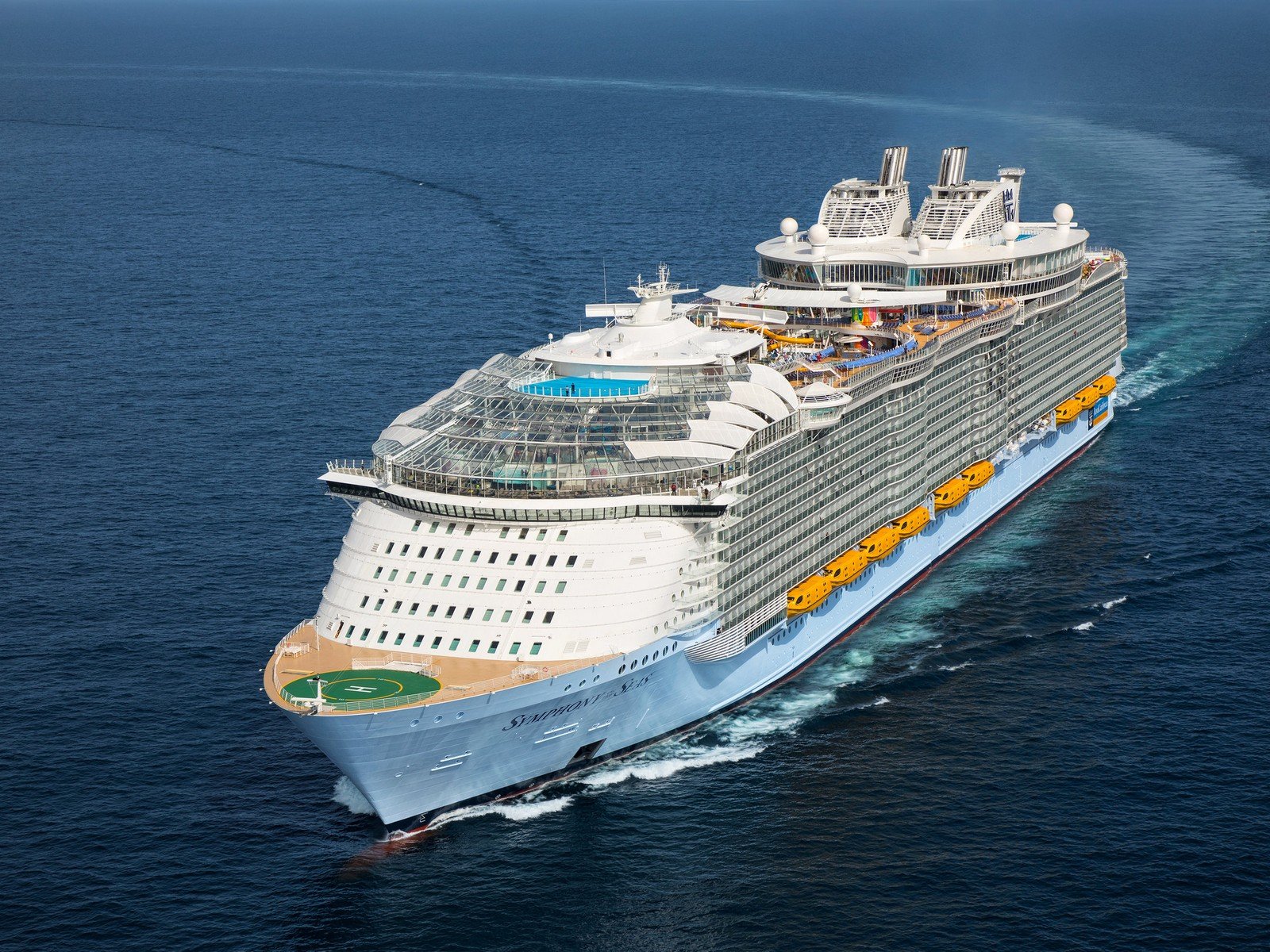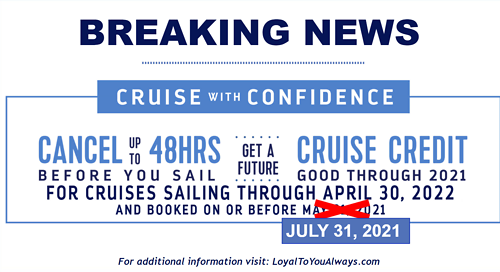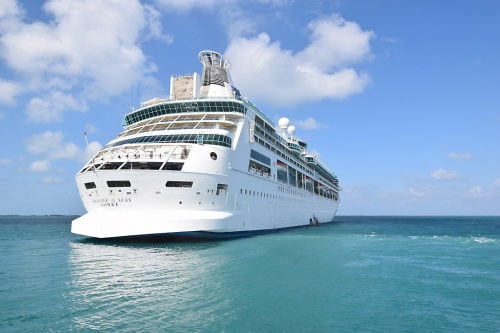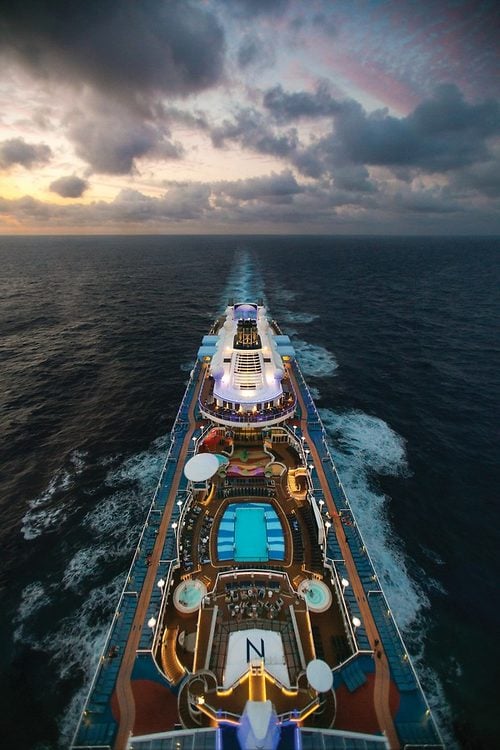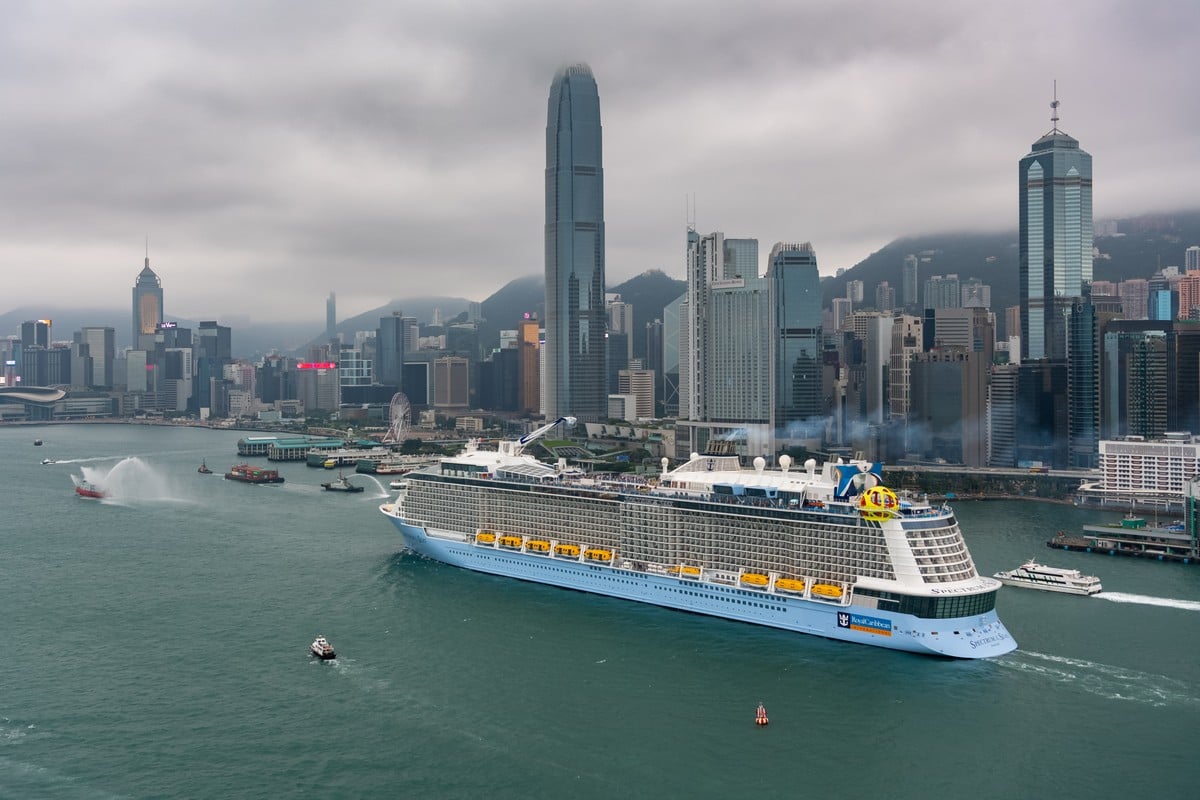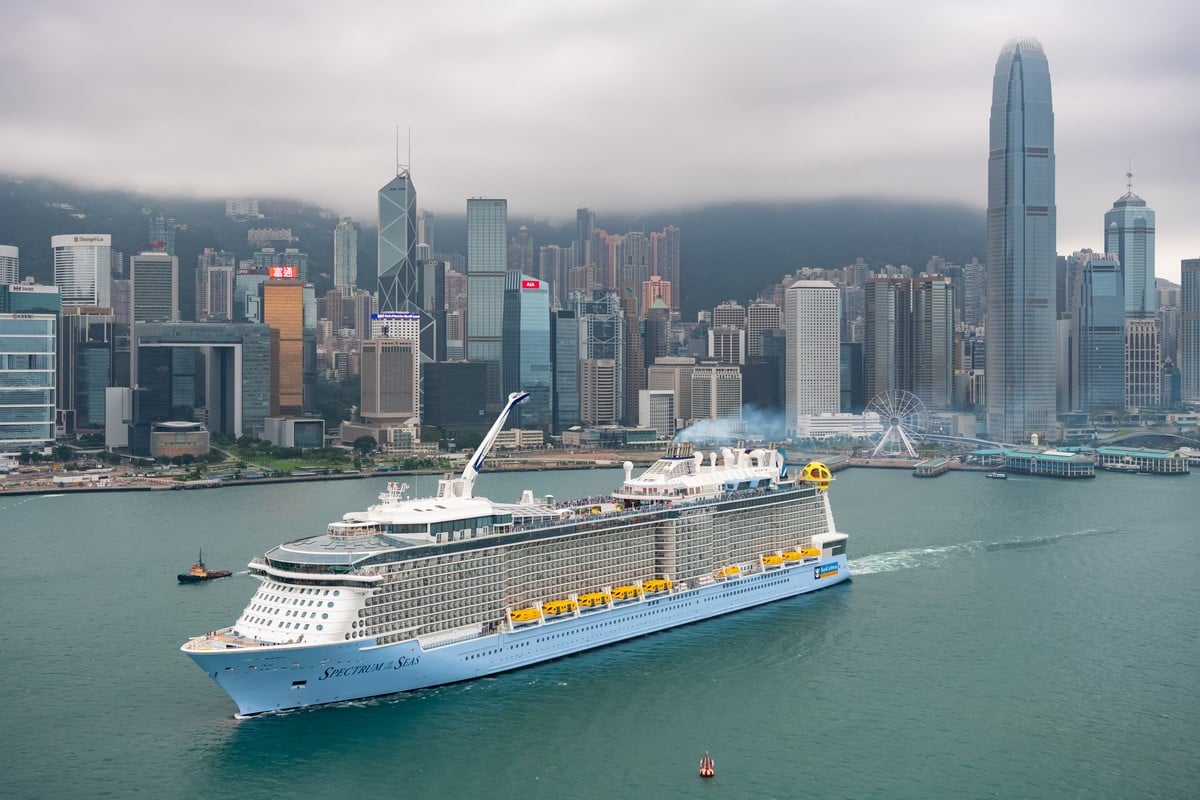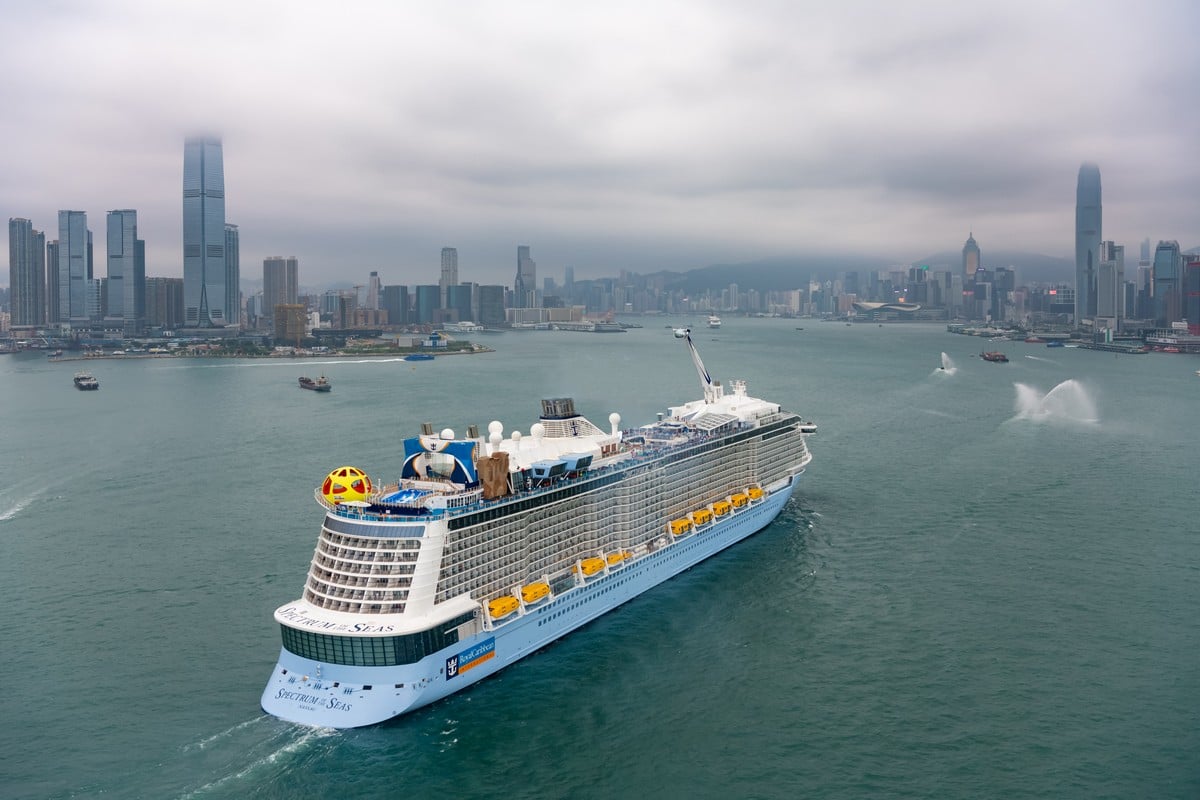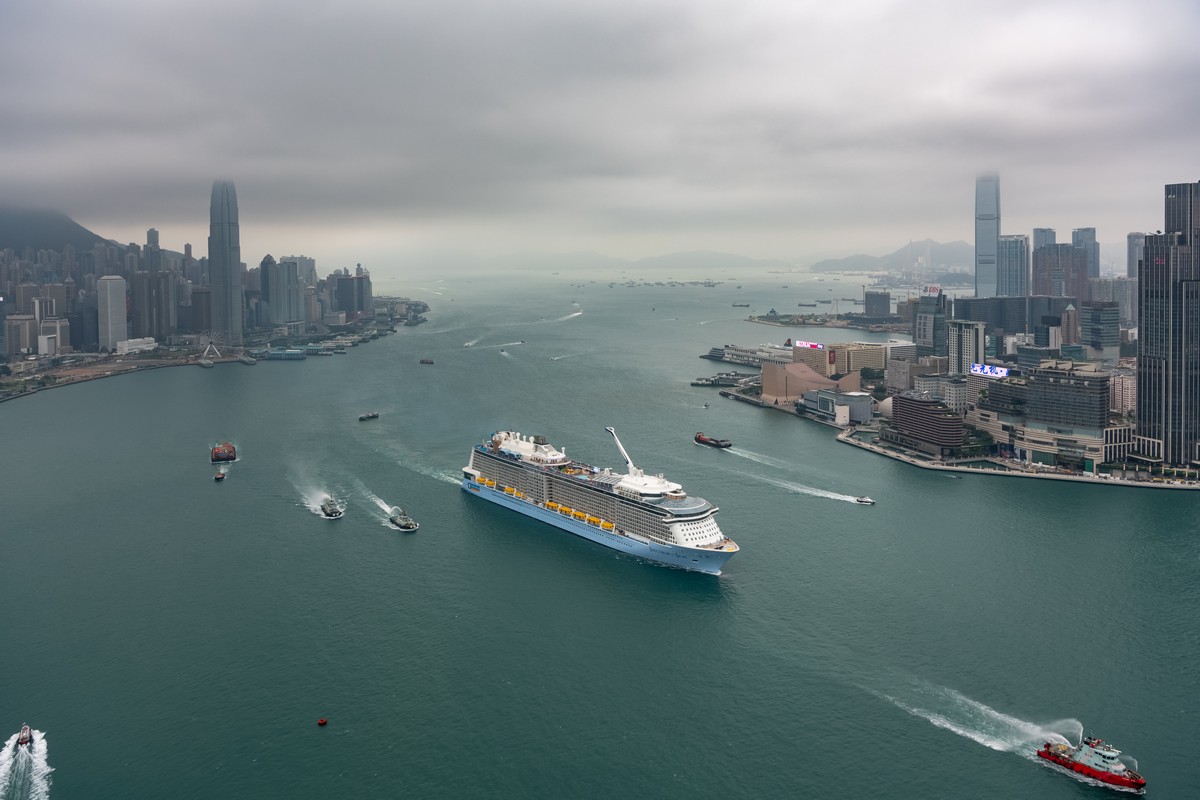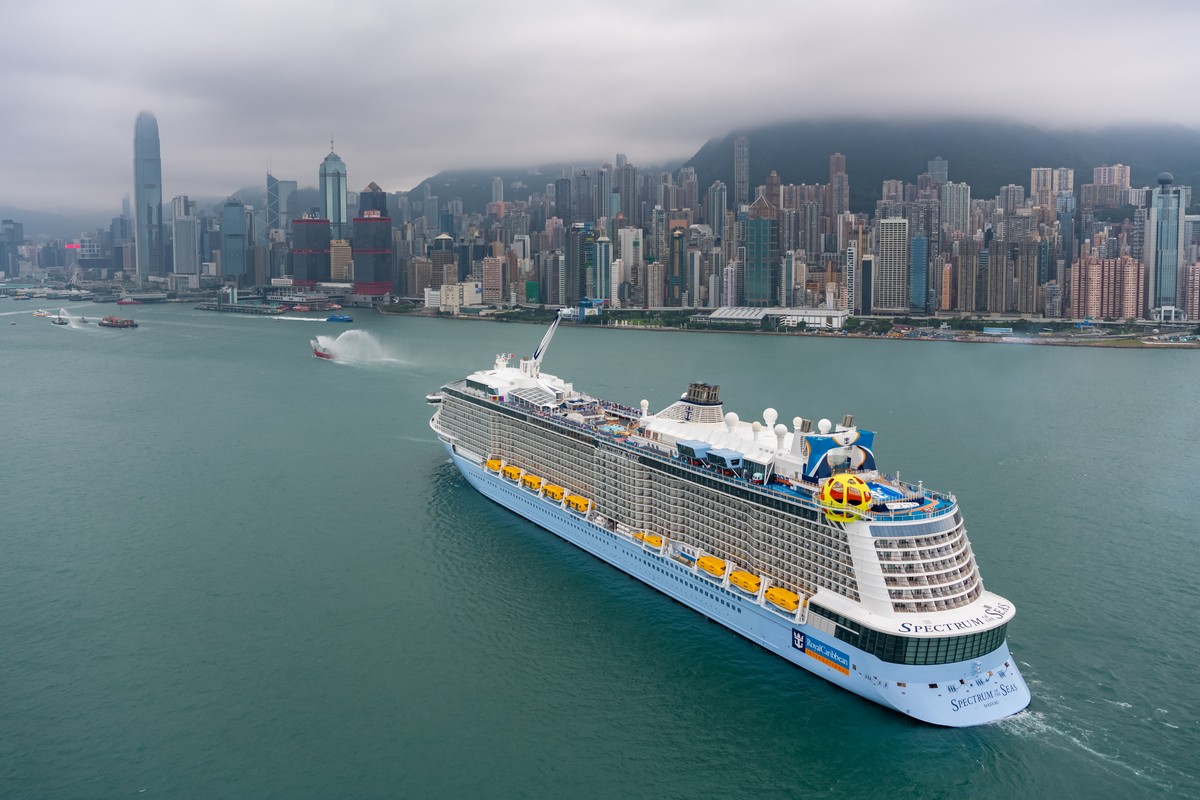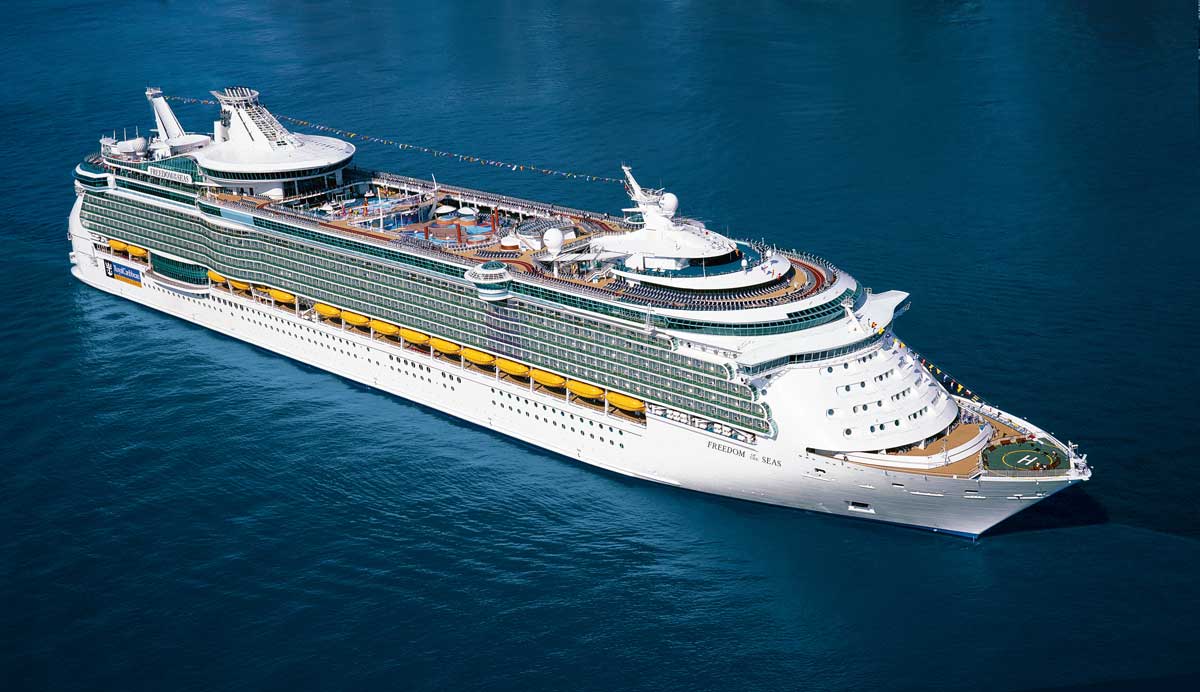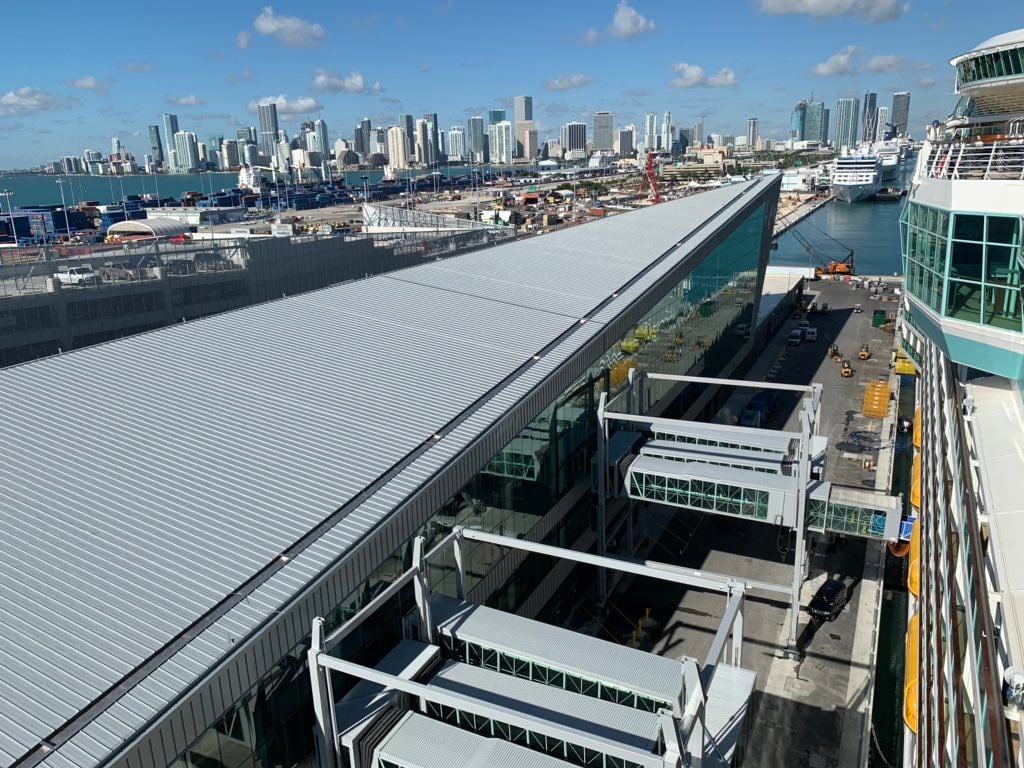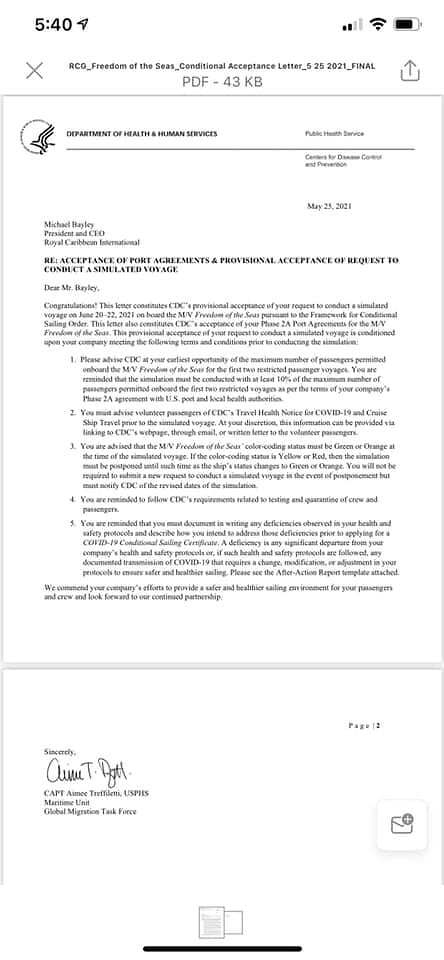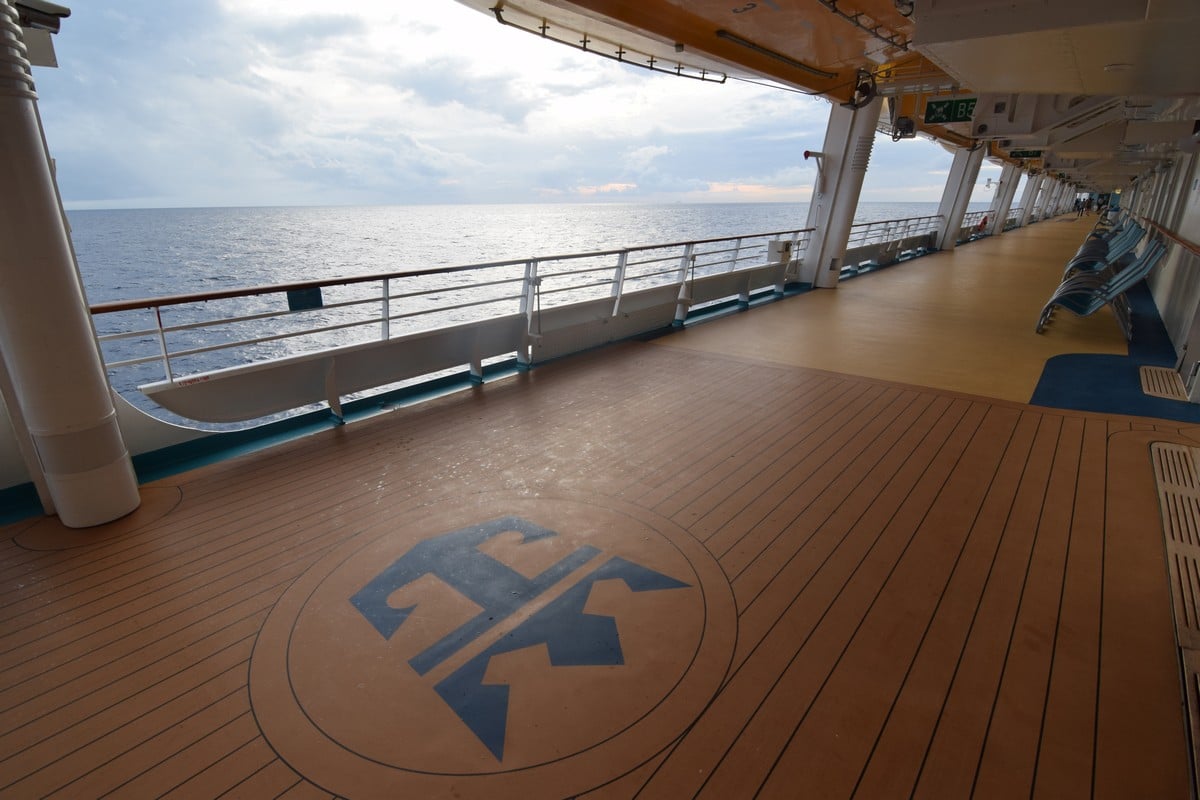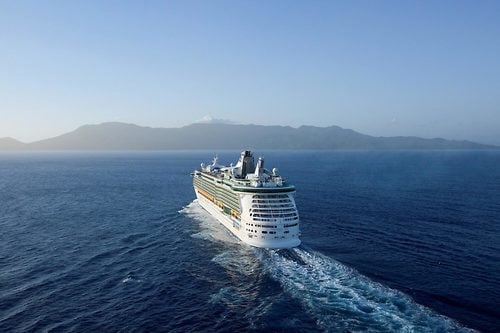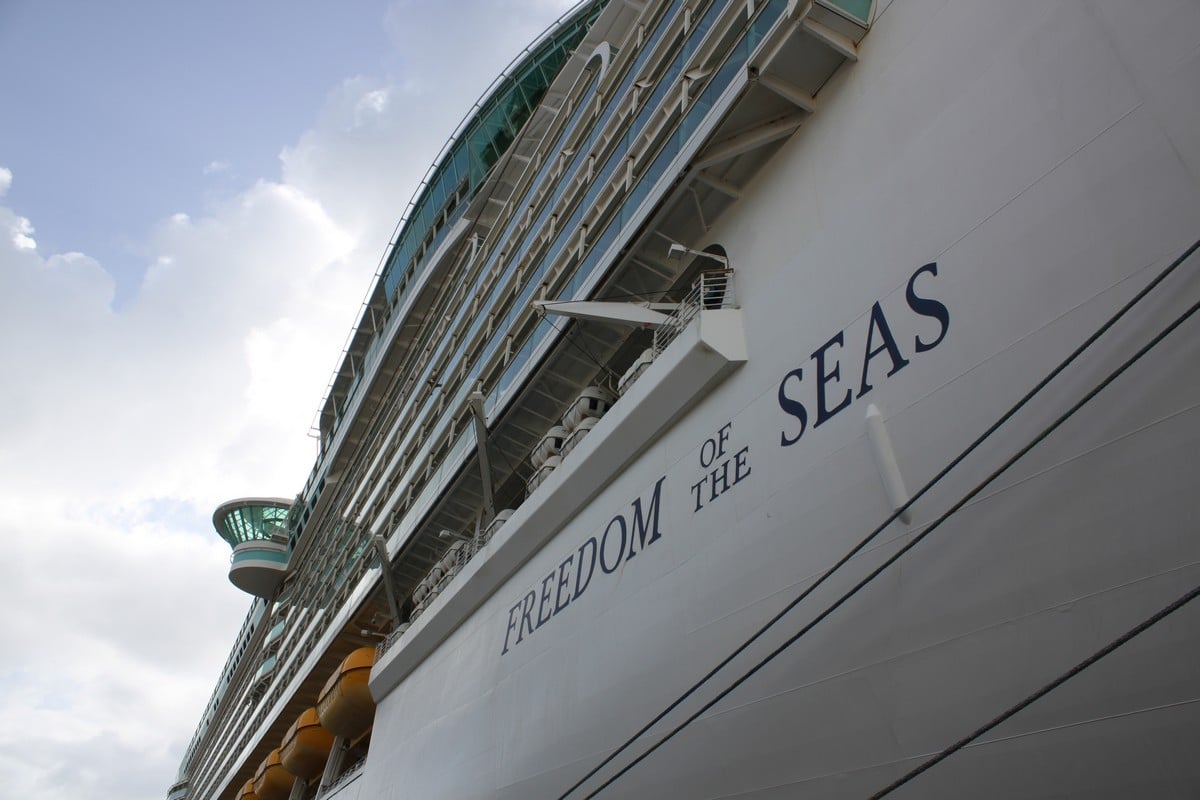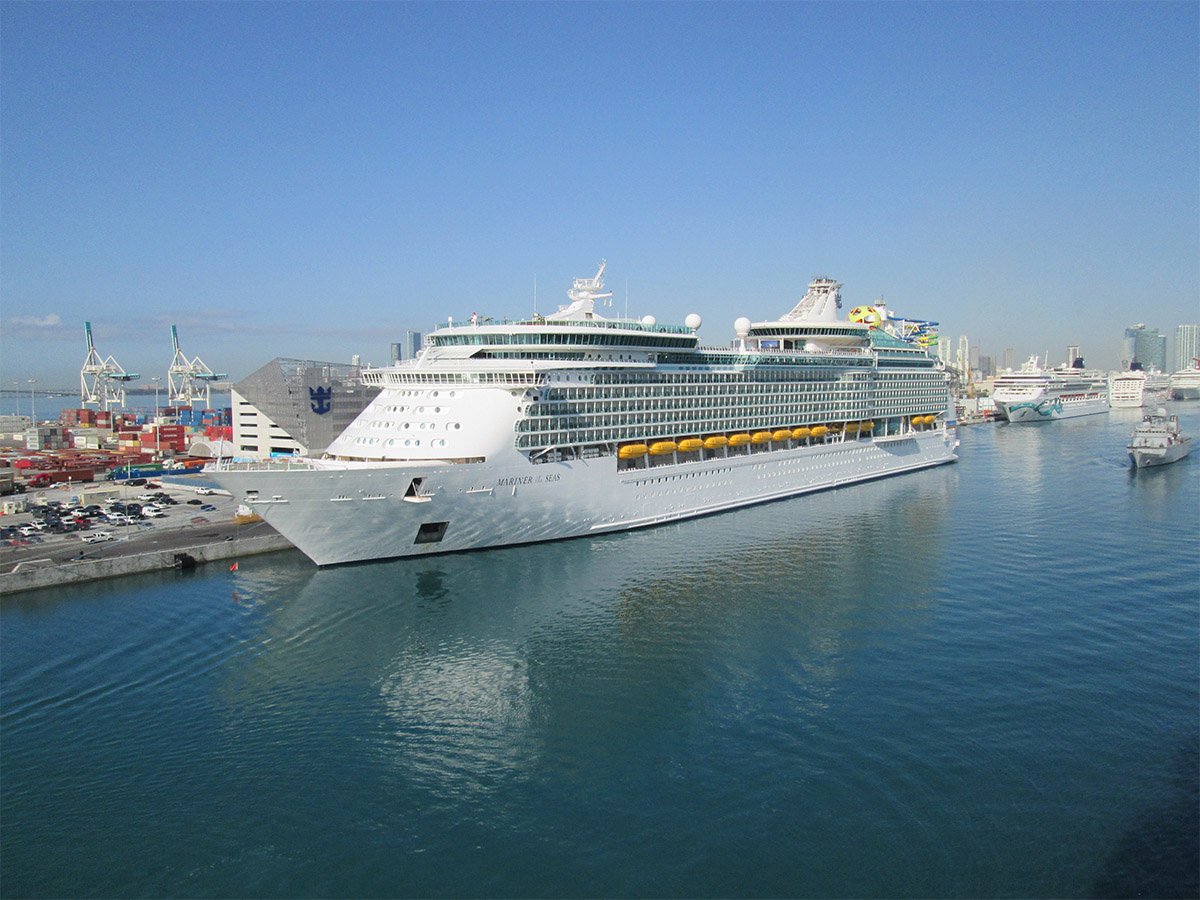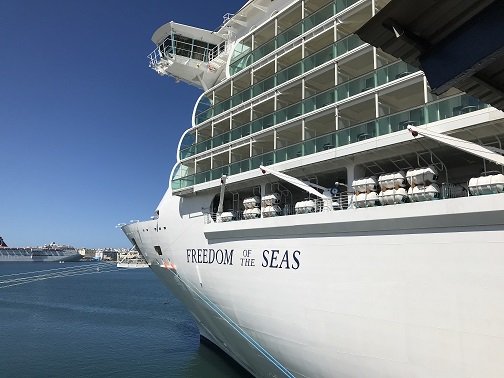Royal Caribbean has vaccinated over half of its crew members
In:Royal Caribbean's restart plans are moving faster with their ambitious policy of trying to get crew members fully vaccinated.
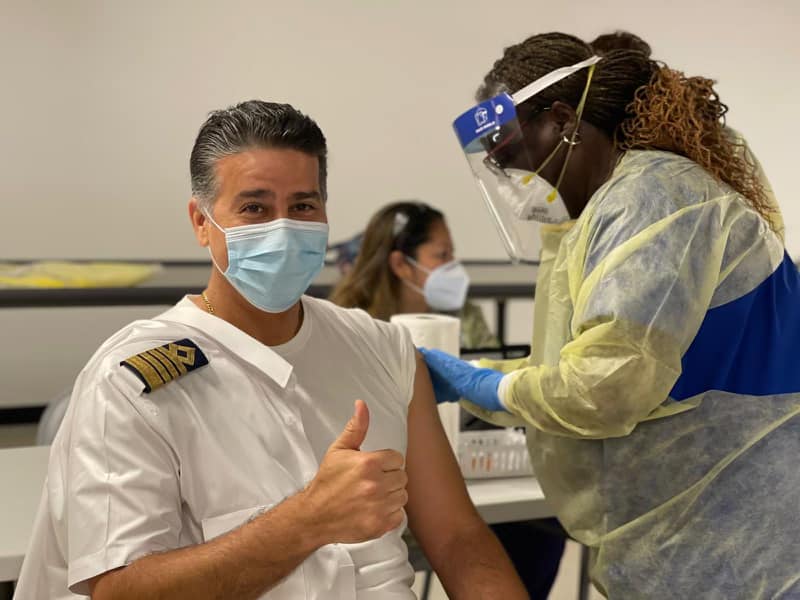
Ever since Royal Caribbean committed to getting all of its crew members vaccinated, the logistics of doing so seemed to be a challenge, but things are moving swiftly now.
Royal Caribbean International President and CEO Michael Bayley shared on Facebook that over half the crew members currently onboard cruise ships are vaccinated.
"Over 50 percent of our current crew fleetwide are vaccinated! We are getting there slowly but surely," he shared in a Facebook post.
Mr. Bayley indicated that there are 10,620 crew members onboard, and 5,730 of them are either partially or fully vaccinated.
Over the last few weeks, Royal Caribbean ships have been coming in and out of Florida ports to get crew members their vaccine shot.
On just Thursday, Adventure of the Seas came to Port Canaveral to get 352 more crew members vaccinated, and Explorer of the Seas had 182 of their crew members getting their second Pfizer shot.
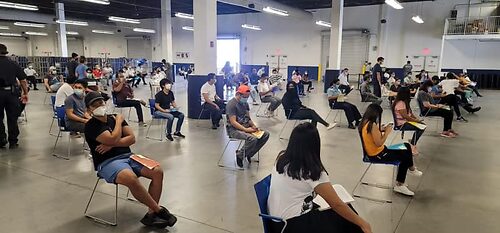
Port Canaveral is one of at least three U.S. ports welcoming cruise ships in so that its crew members can get vaccinated.
Florida Governor Ron DeSantis and Surgeon General Dr. Scott Rivkees approved an expansion to vaccine eligibility in Florida to include individuals who are in the state for purpose of providing good or services for the benefit of residents and visitors of Florida.
The vaccine is a critical part of Royal Caribbean's restart plans to ensure its ships can be as clean and safe for everyone onboard.
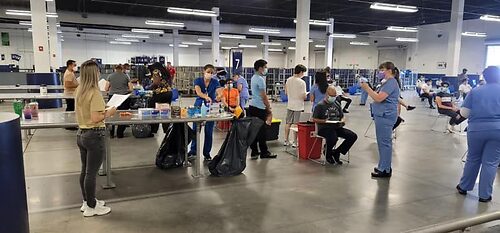
Royal Caribbean Group Chairman and CEO Richard Fain reiterated his company's plan to get the crew ready for cruises during a video update this week, "we intend to vaccinate all of our crew. That process has already started and we expect that essentially one hundred percent of crew members will receive their vaccines before the cruise starts in the US."
In addition to the crew members, all adults over the age of 16 on North American sailings will need to be vaccinated in order to go on a cruise before August 1. After August 1, that age restriction drops to 12 years old.
Royal Caribbean quickly made the decision to require the vaccine after months of saying no decision had been made, and changing rules might have played a part in that decision.
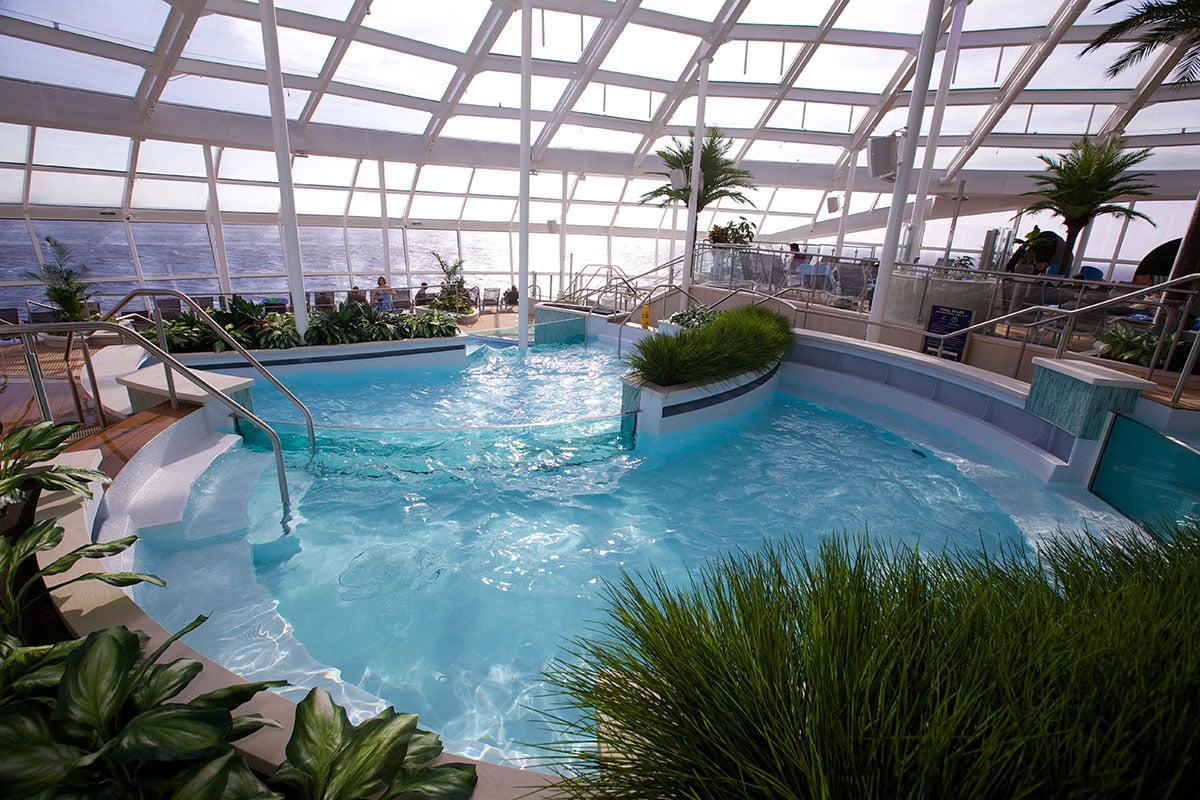
The U.S. Centers for Disease Control and Prevention (CDC) has been revising its rules for cruise ships, dropping many requirements for guests who are fully vaccinated.
Just this week, the CDC relaxed mask-wearing and social distancing guidelines for fully vaccinated passengers.
To that point, Mr. Fain was excited about the limited restrictions on a cruise ship thanks to the lowered requirements for vaccinated passengers and crew, "We're optimistic that masks won't be required anywhere if you're vaccinated."
"As we restart, there will be some more restrictions than before, but we expect there will be temporary and similar to what we've all become used to on land."


